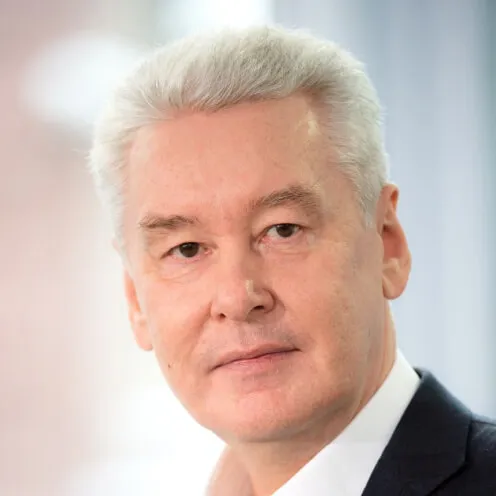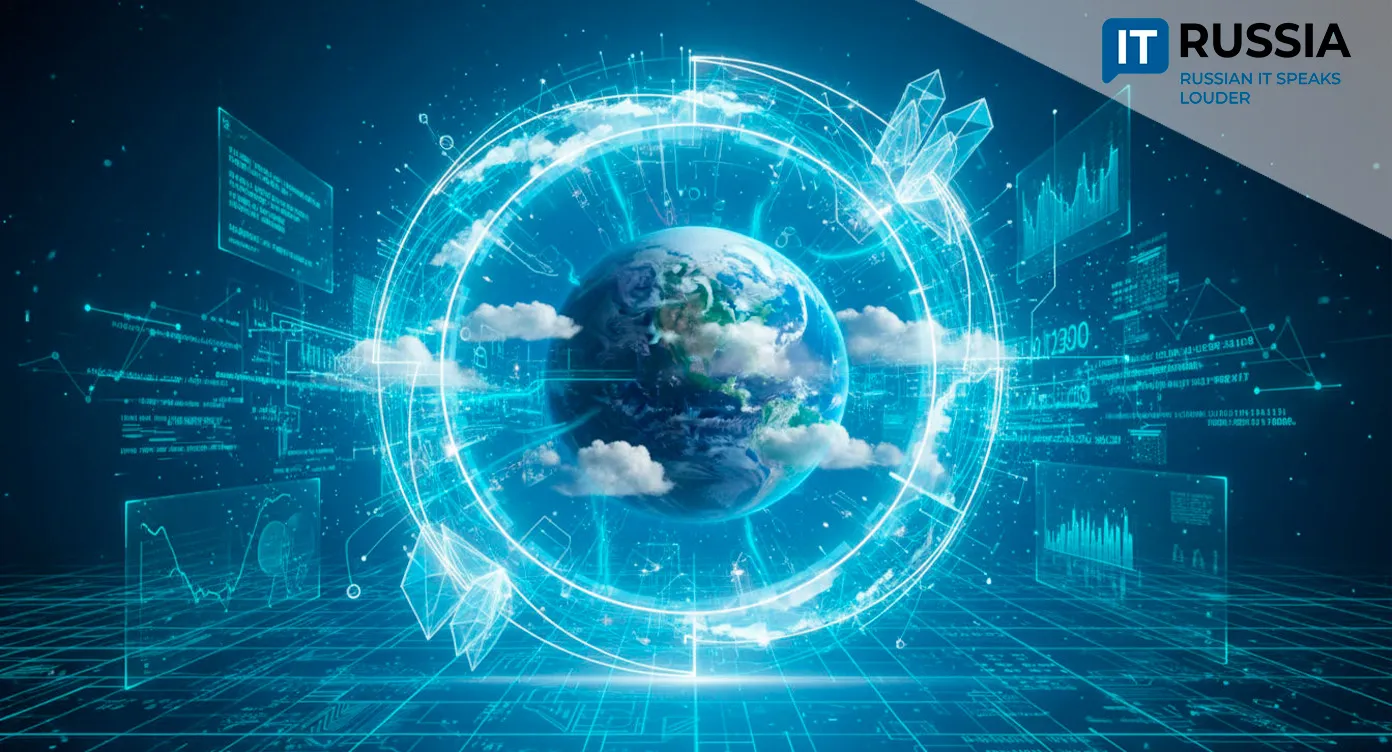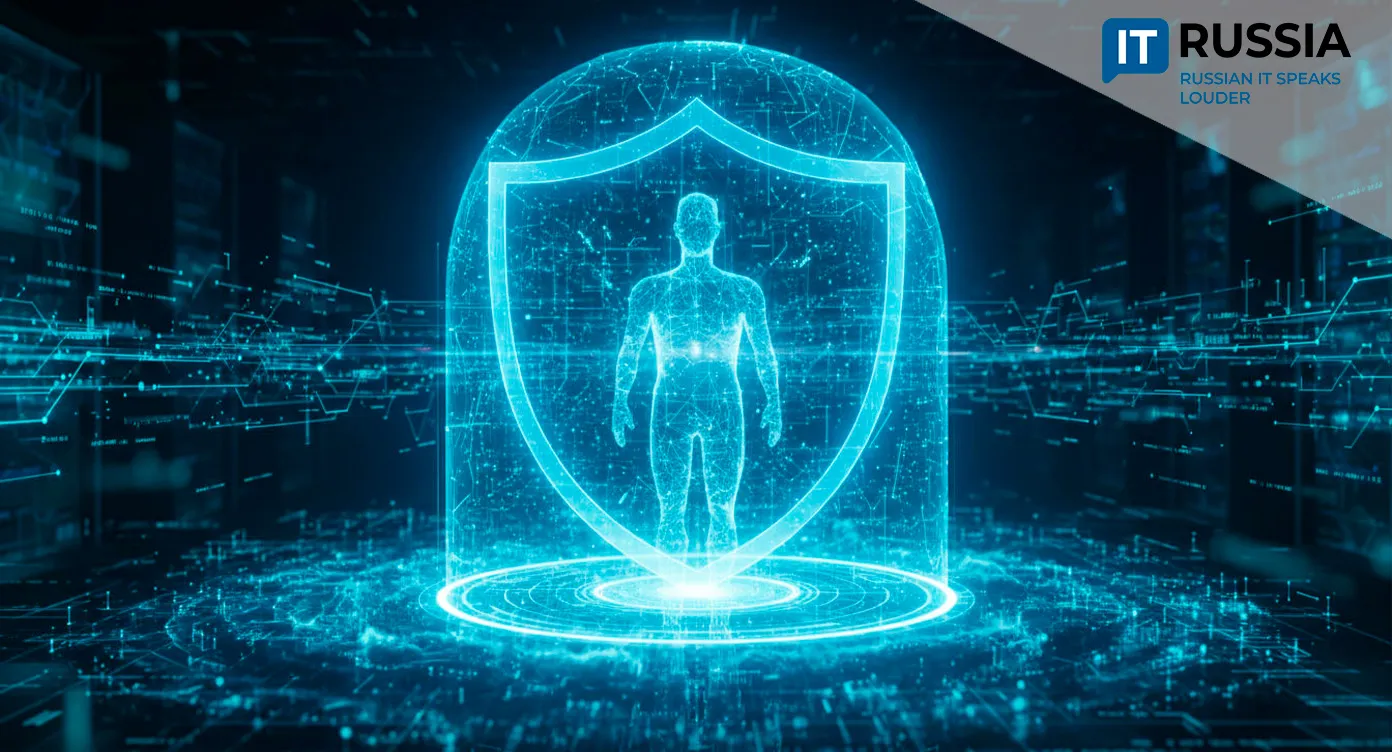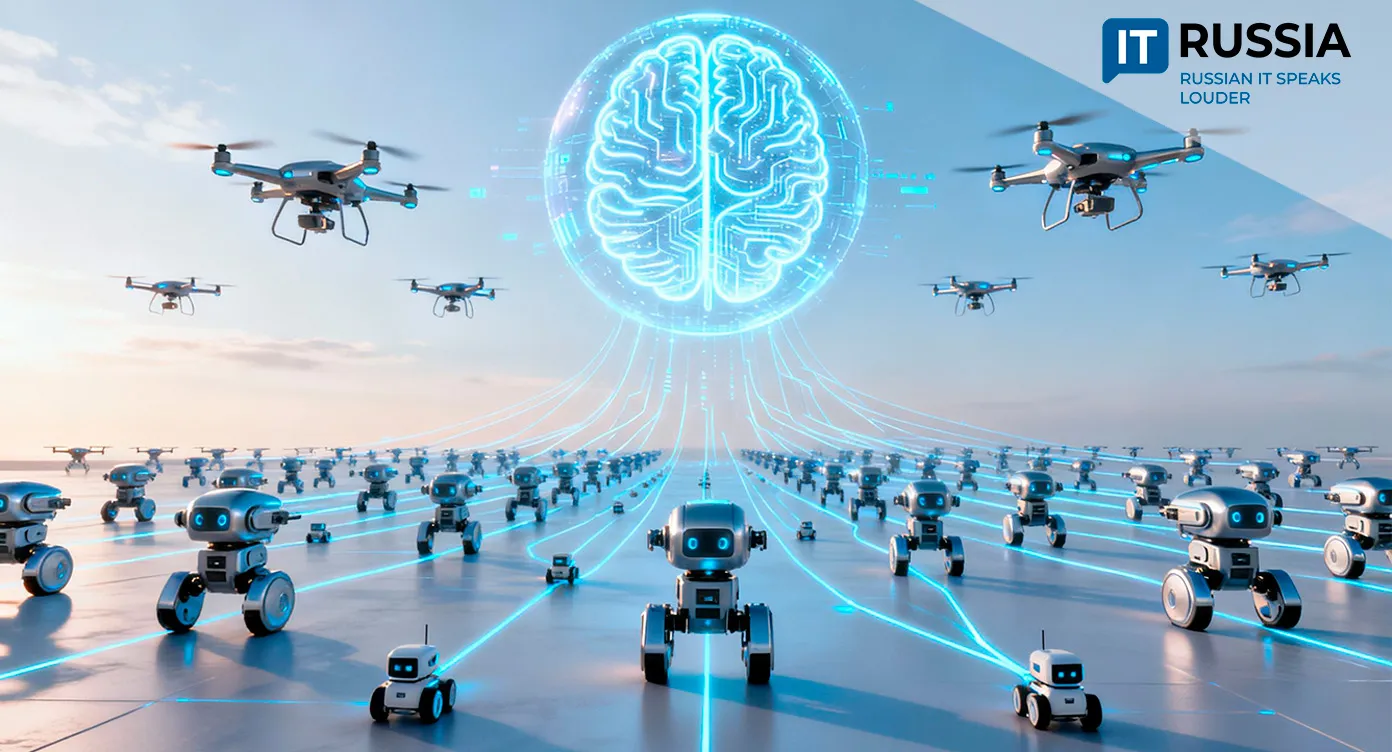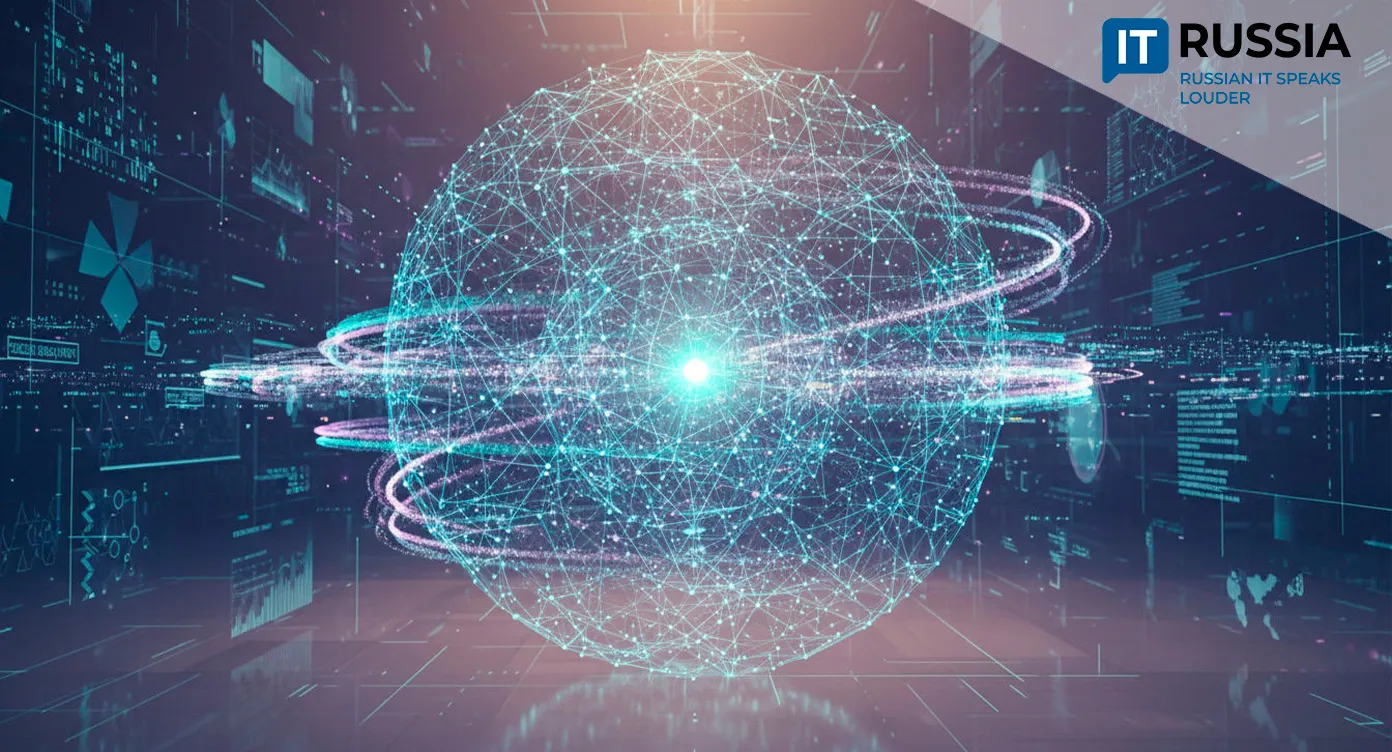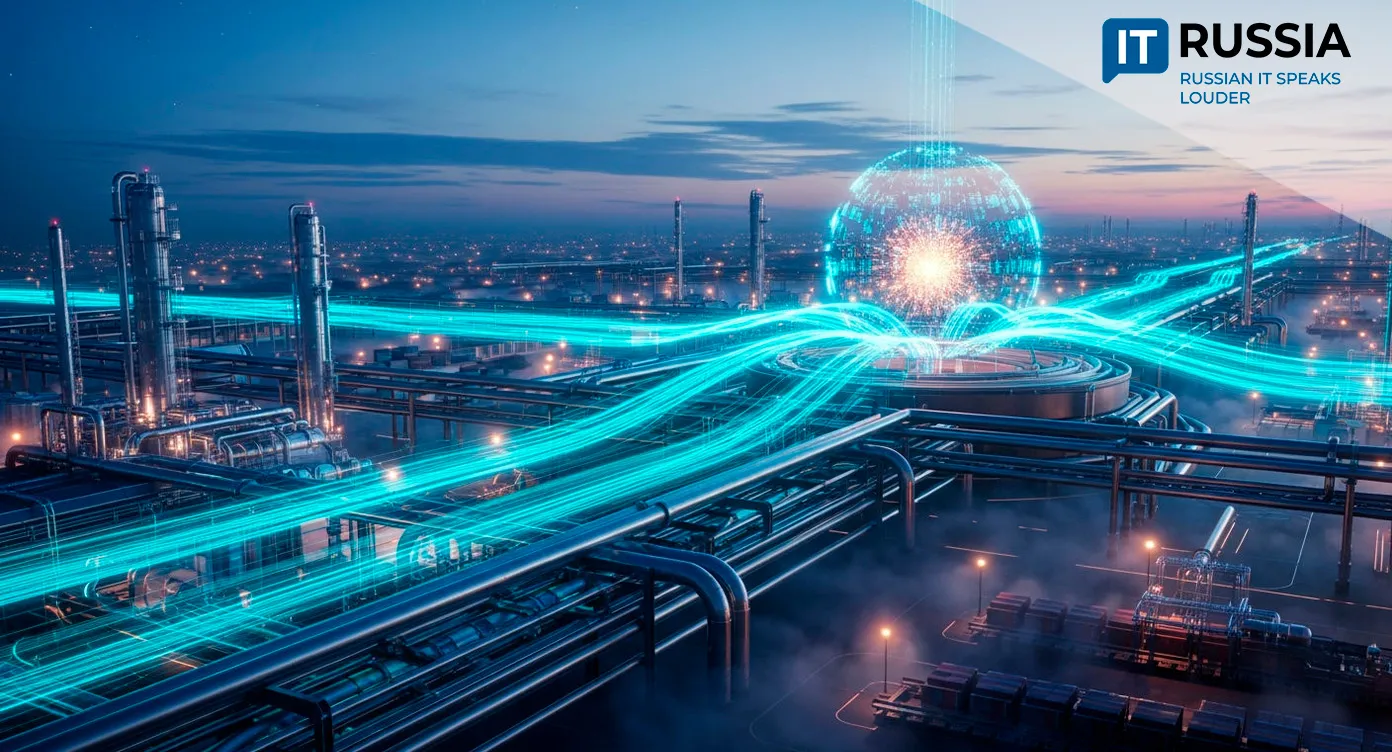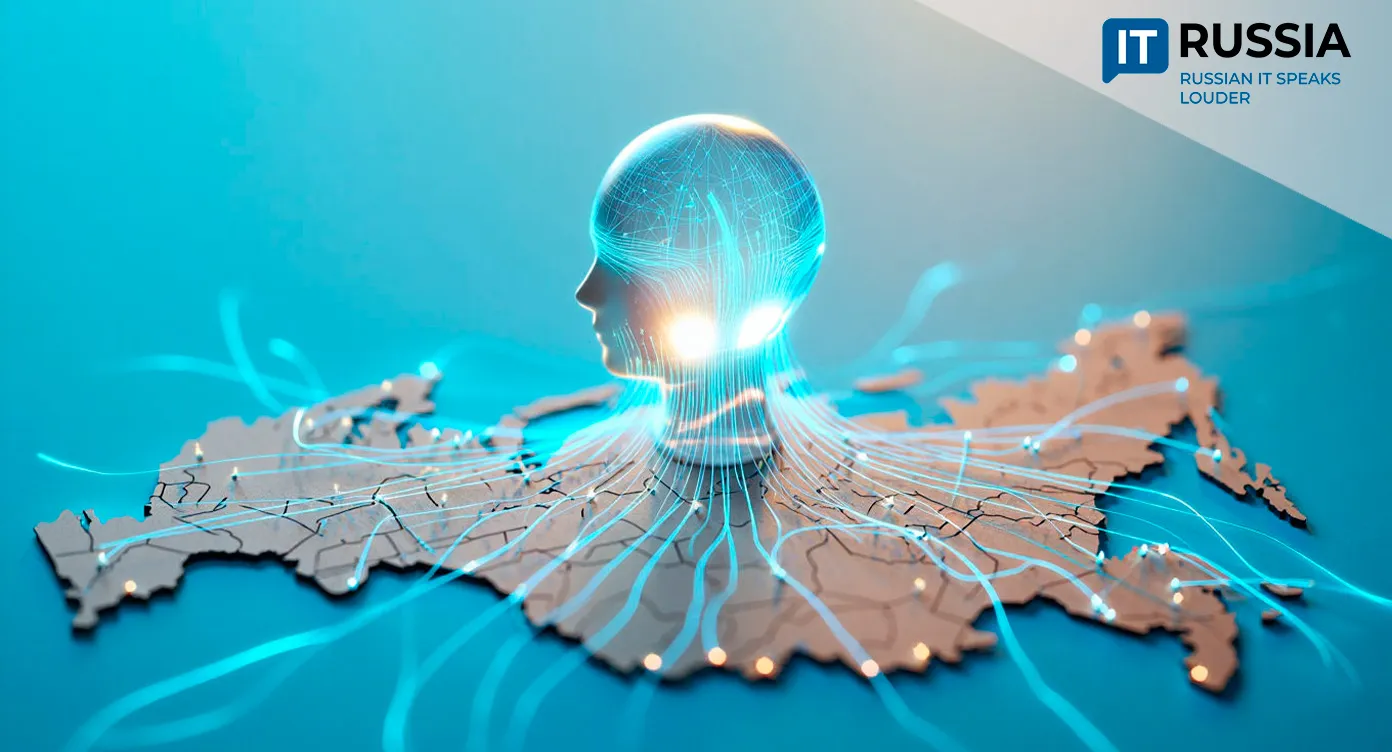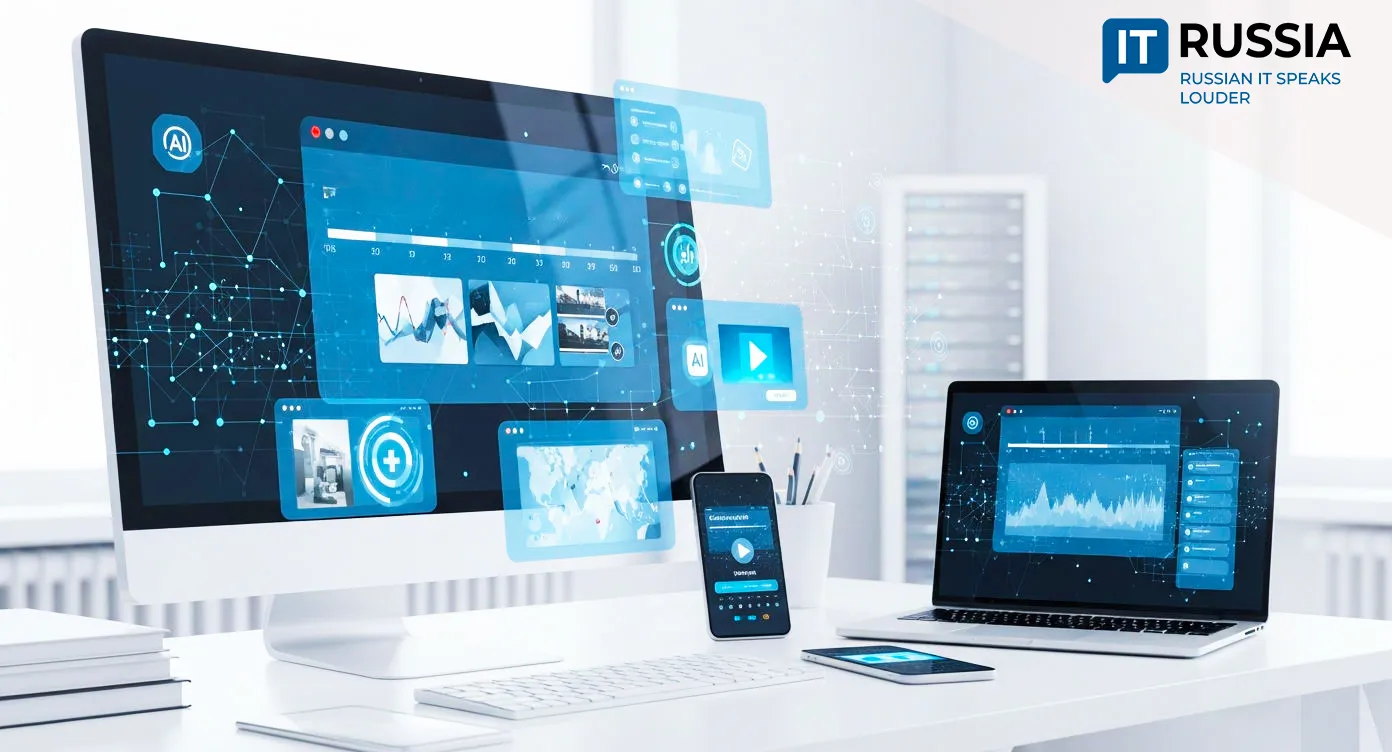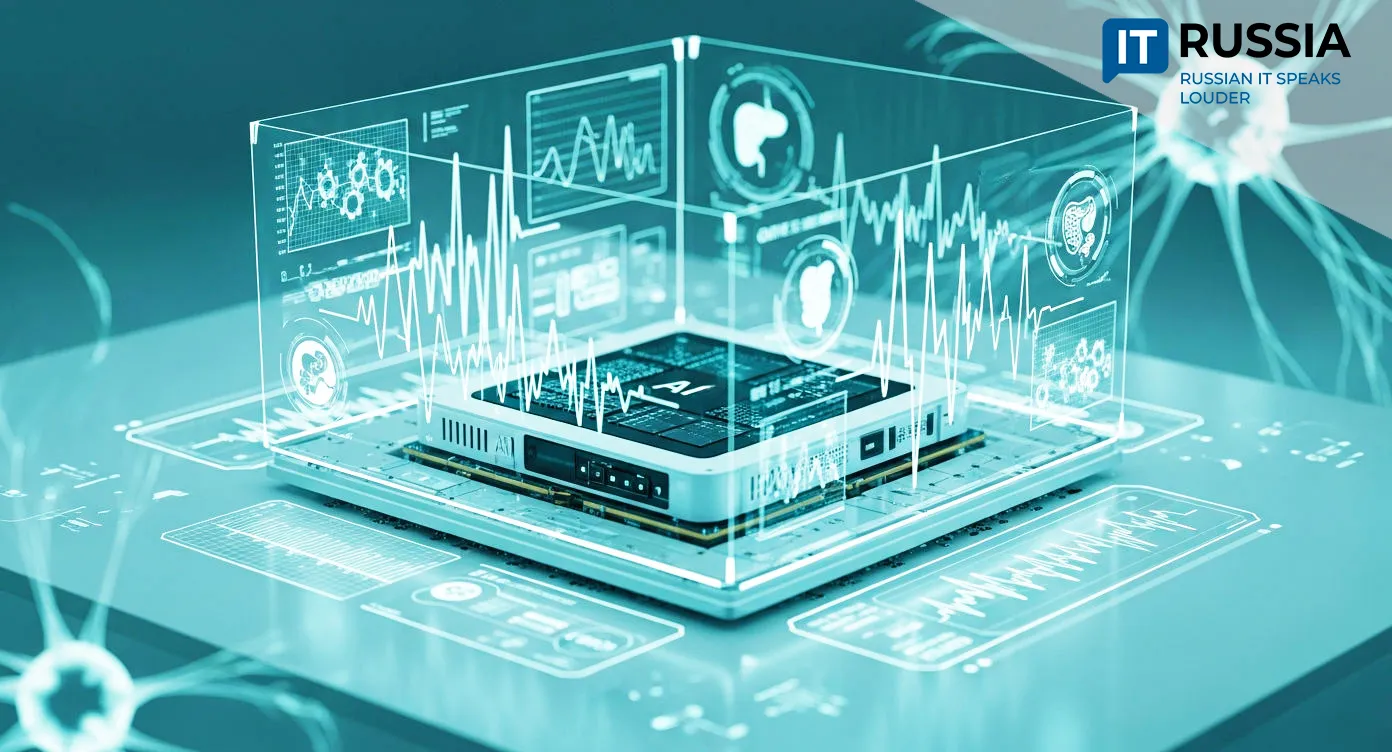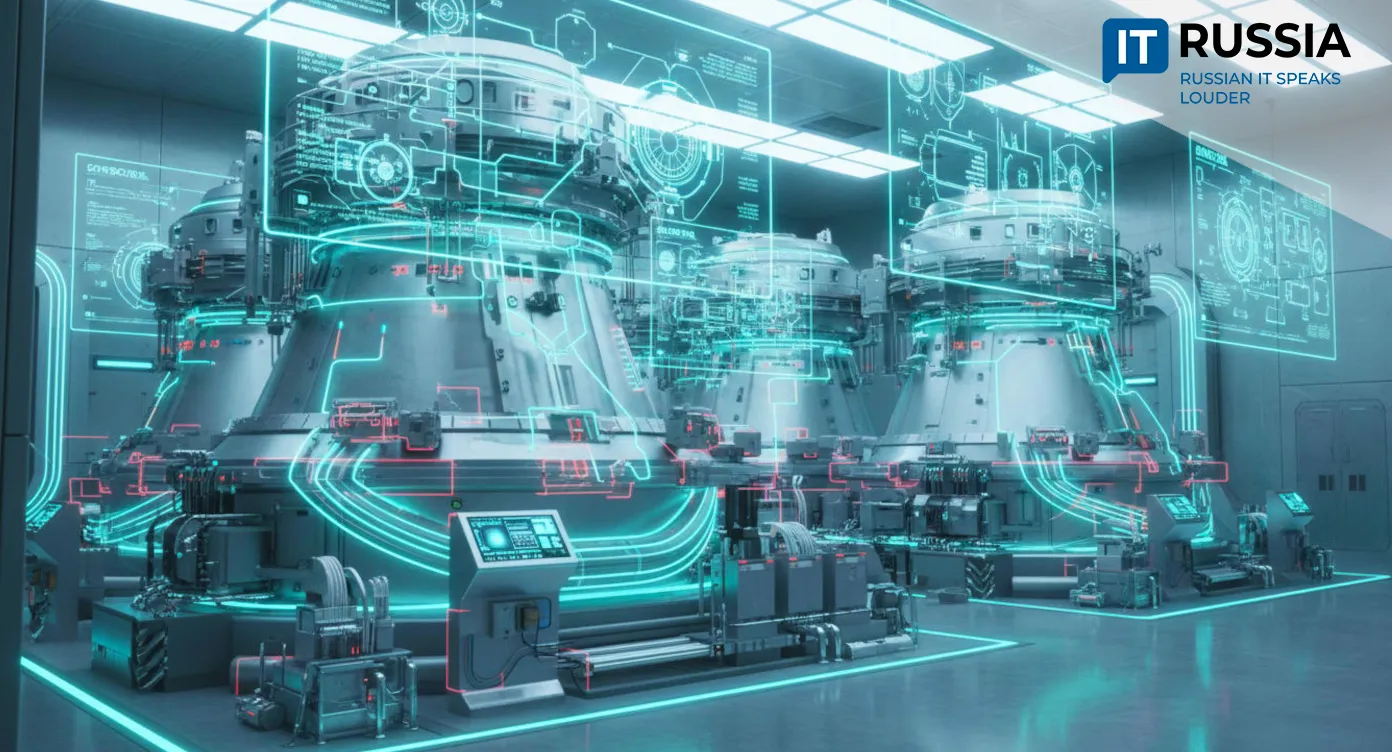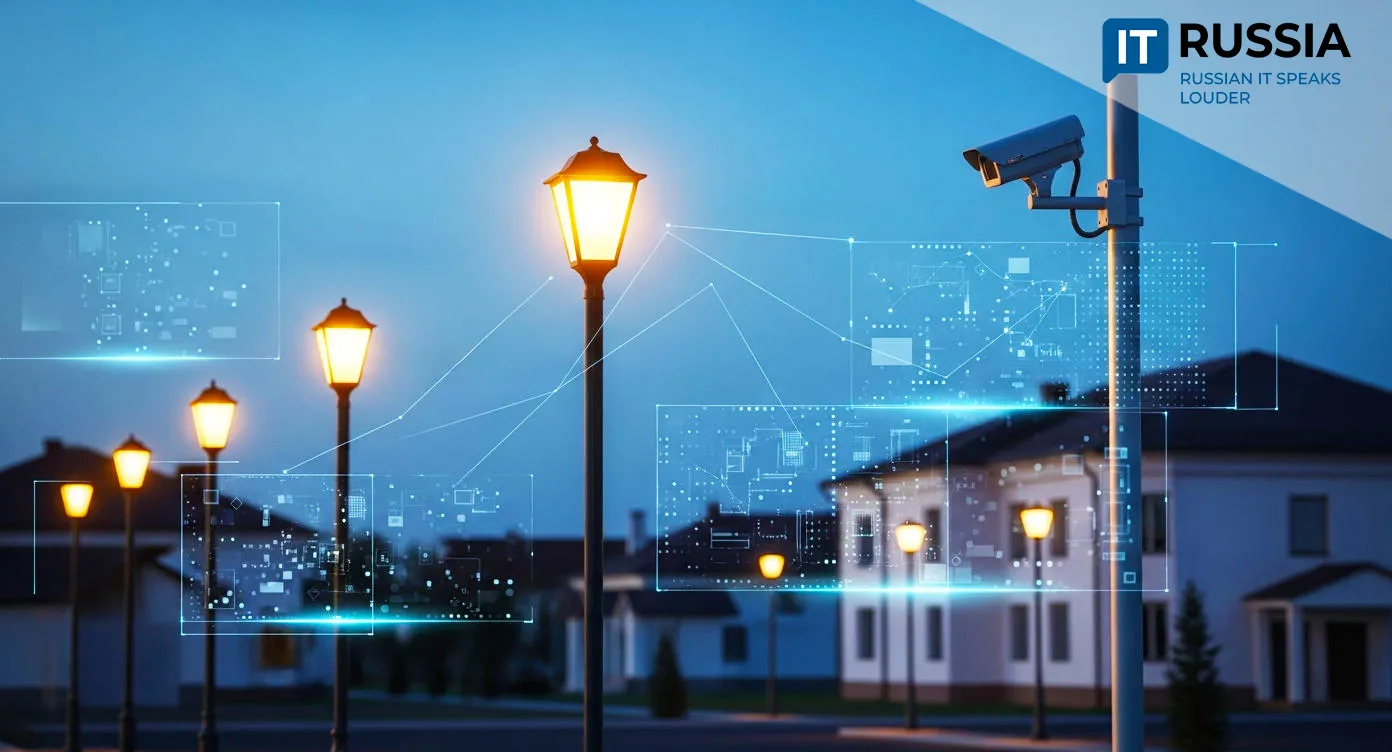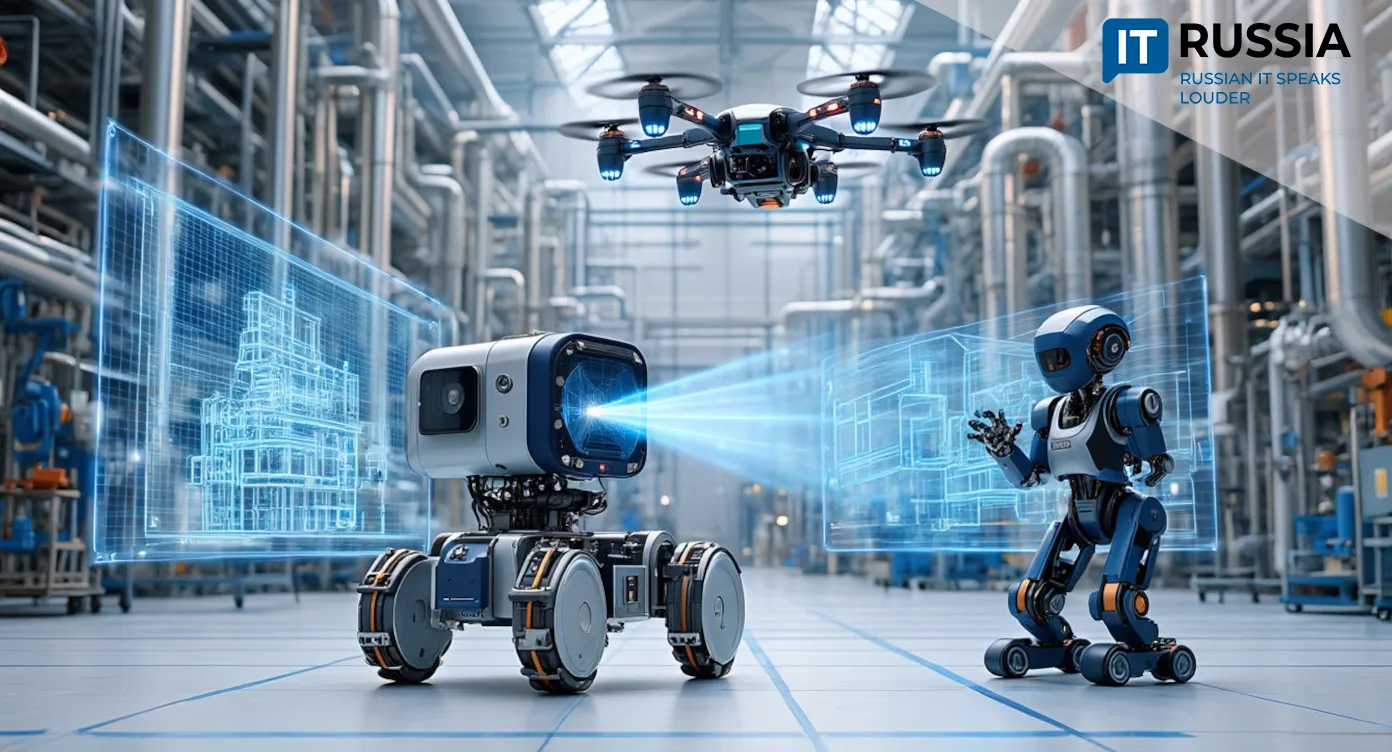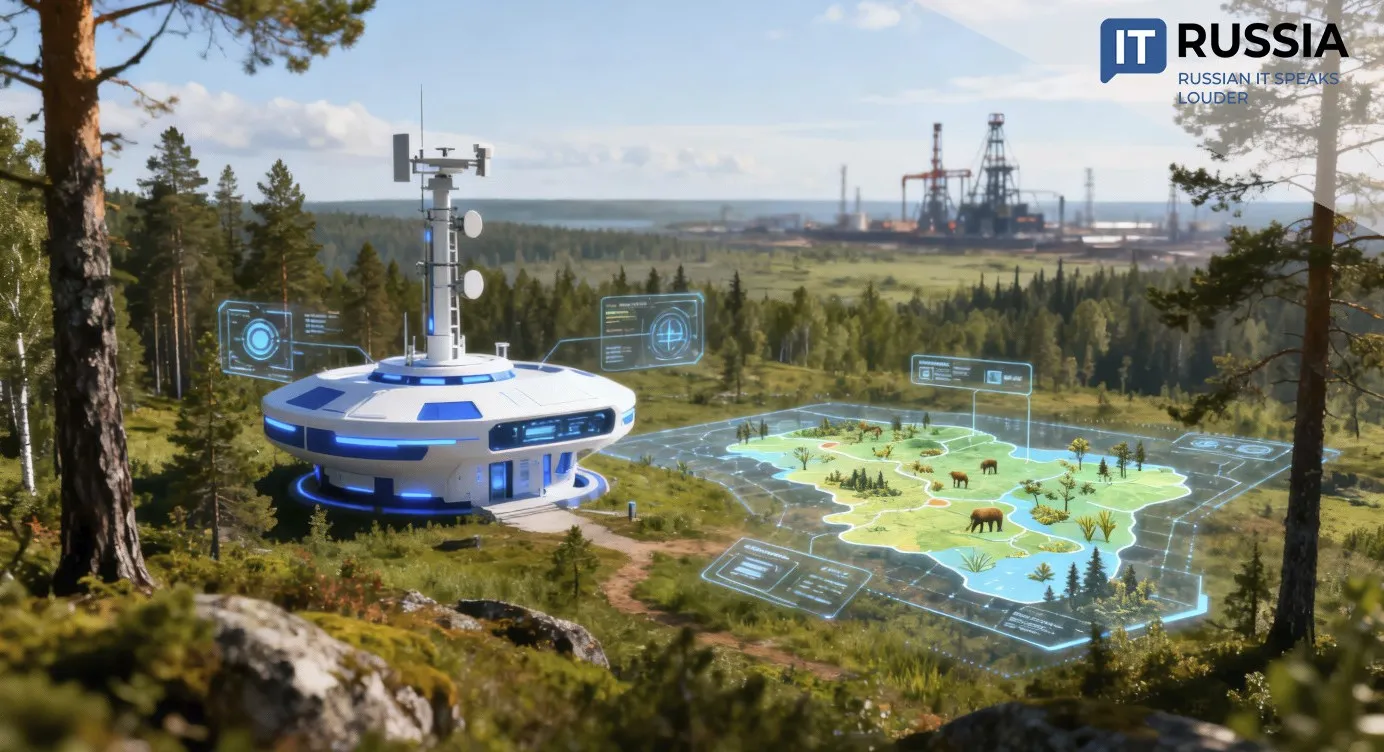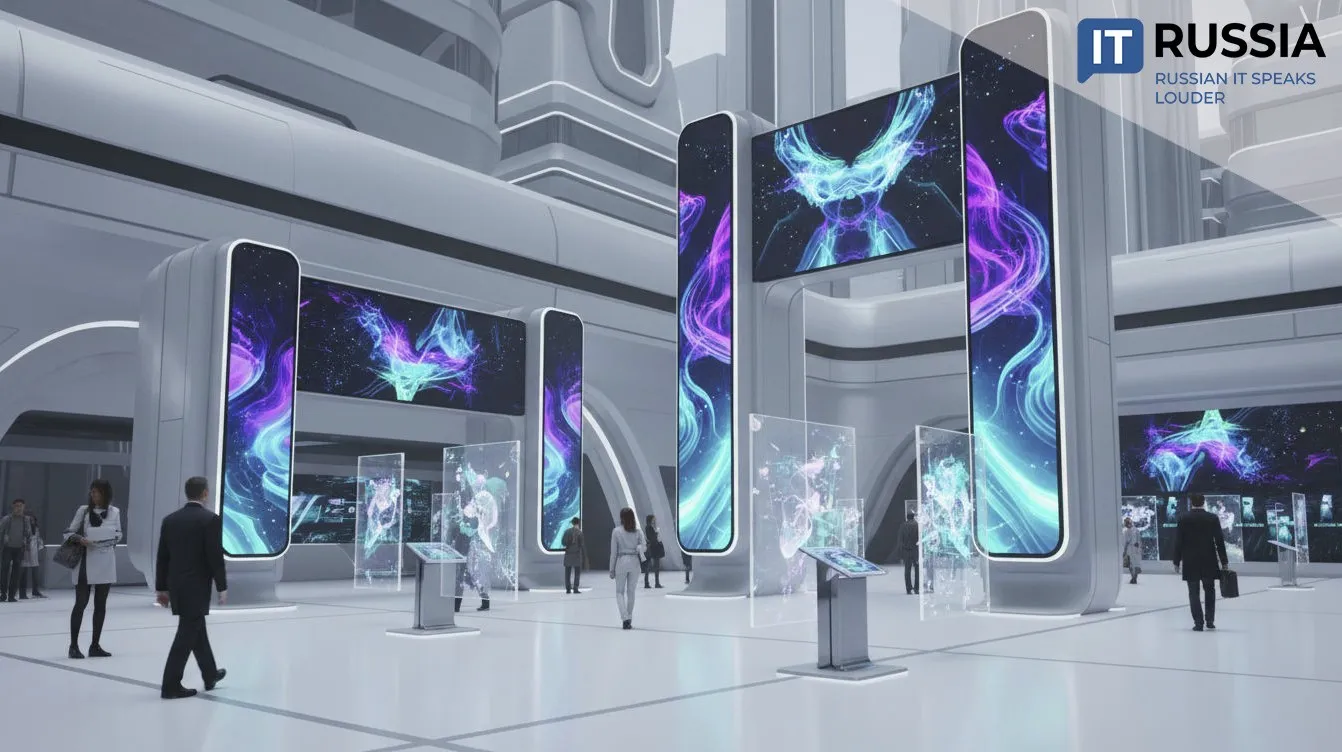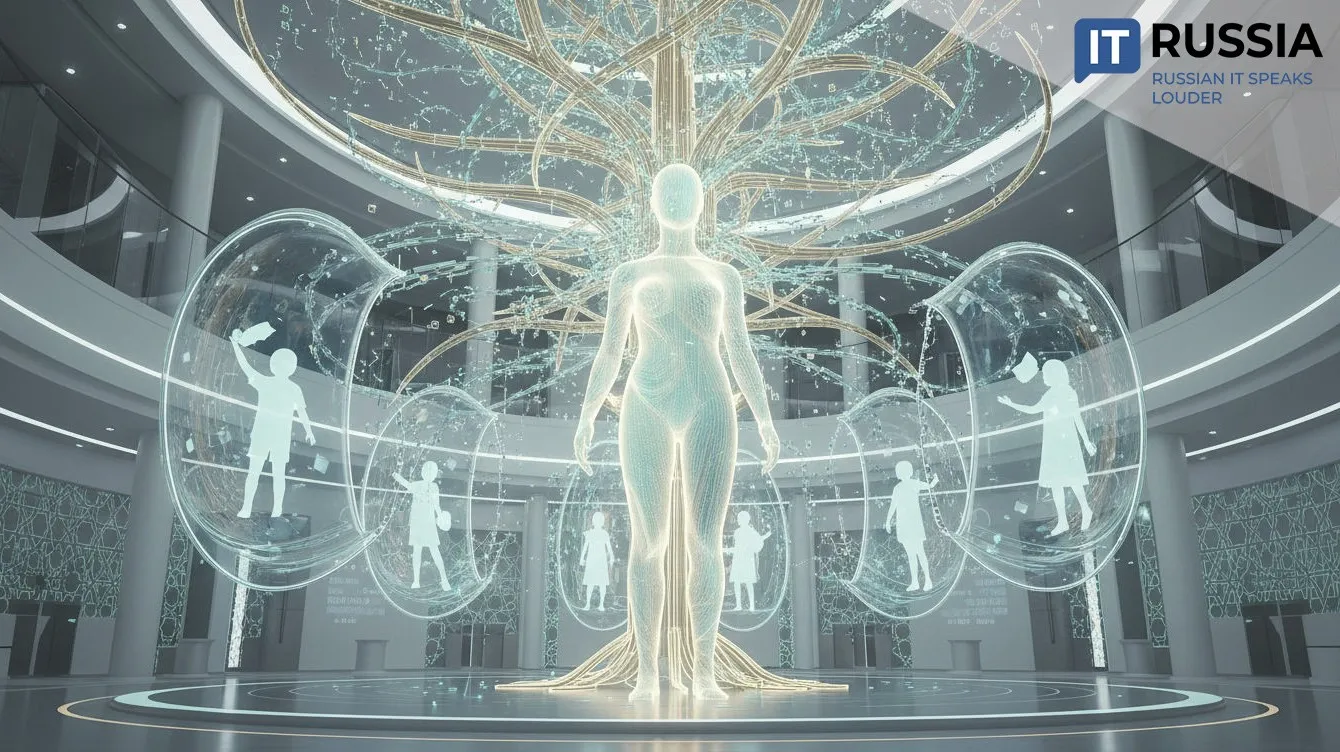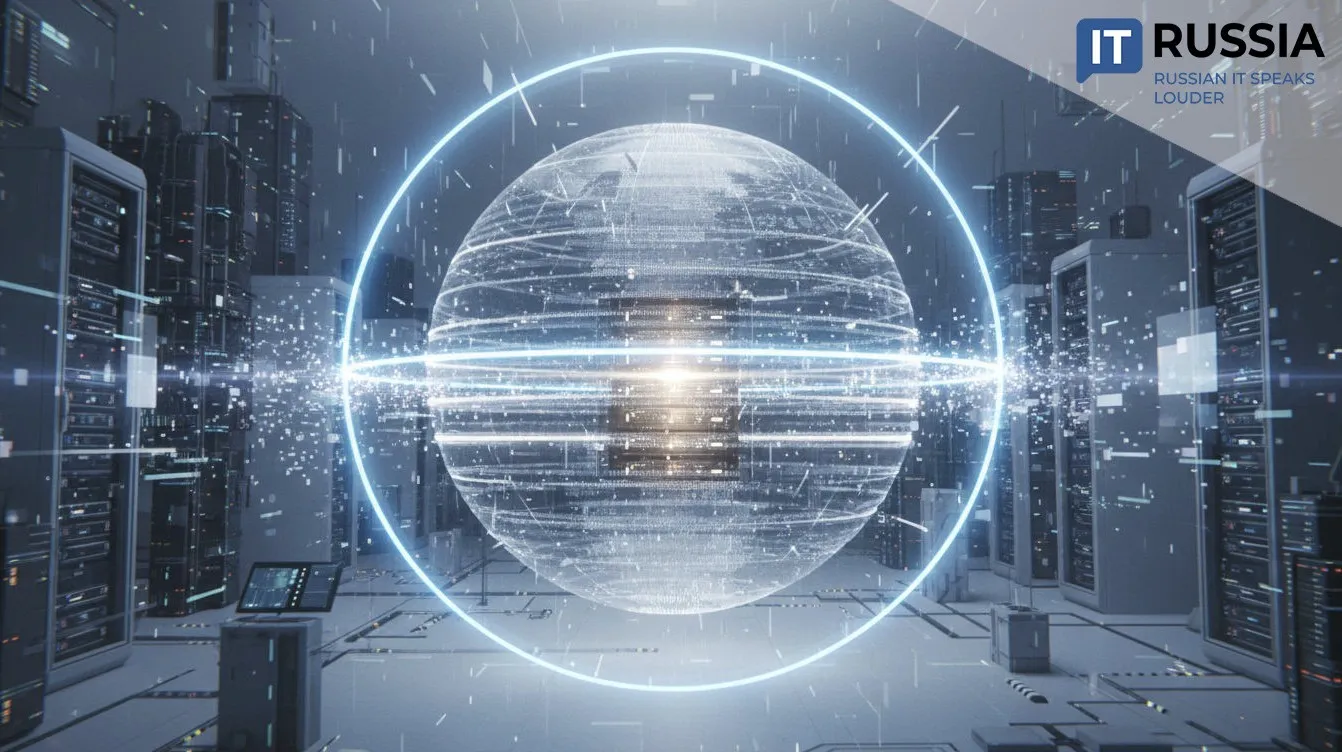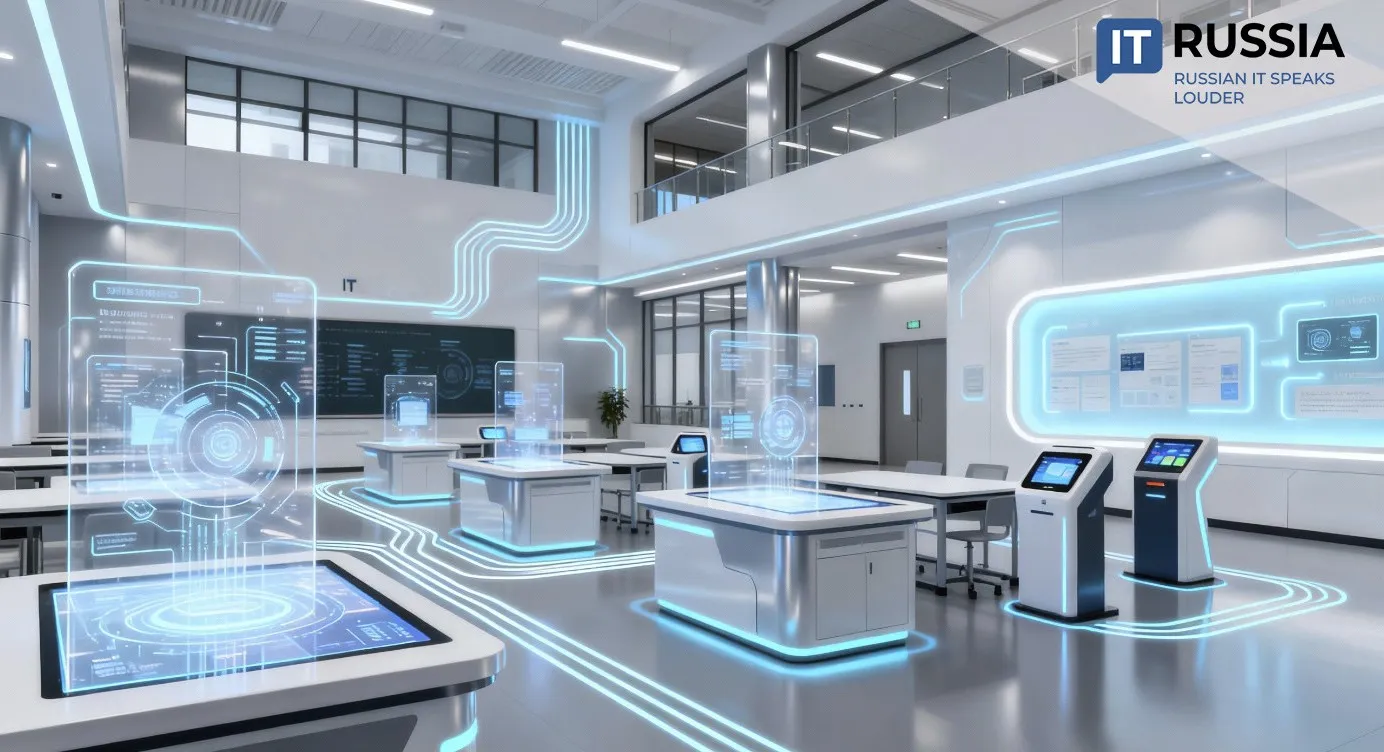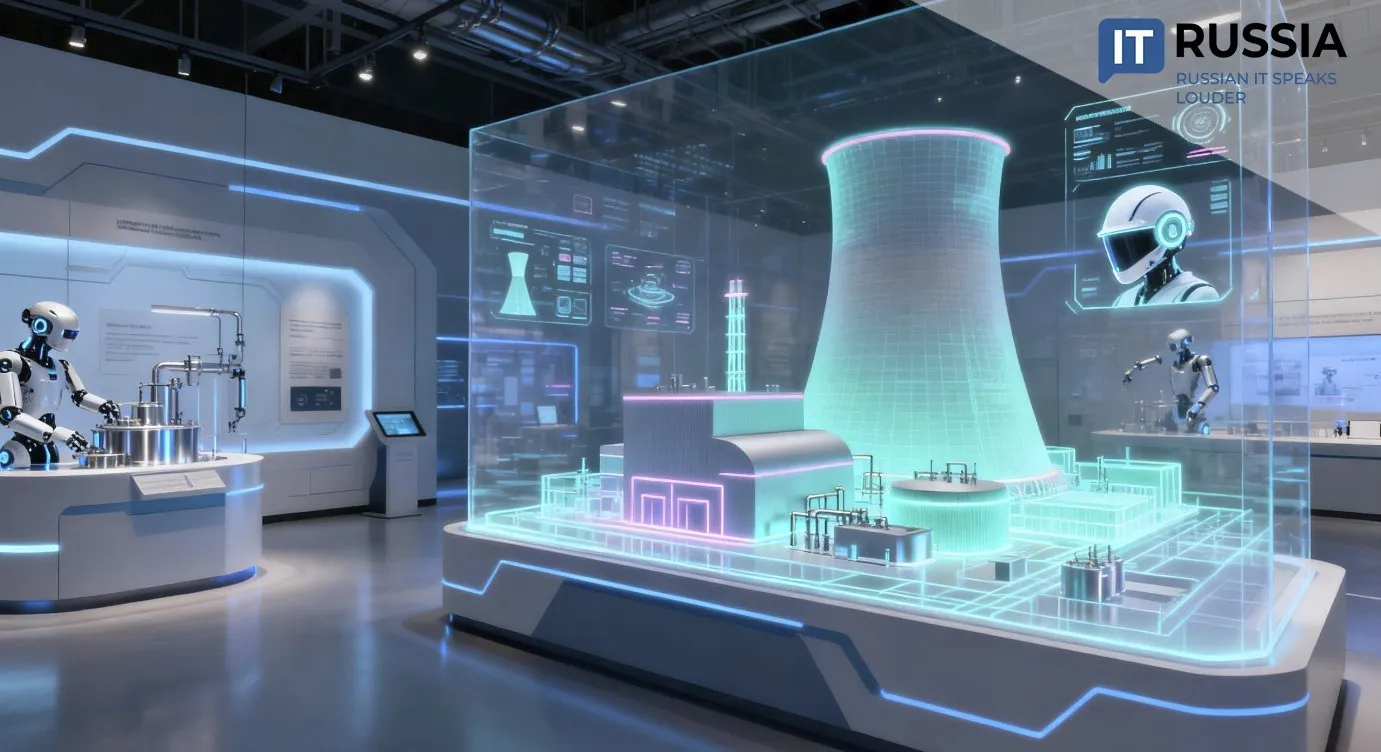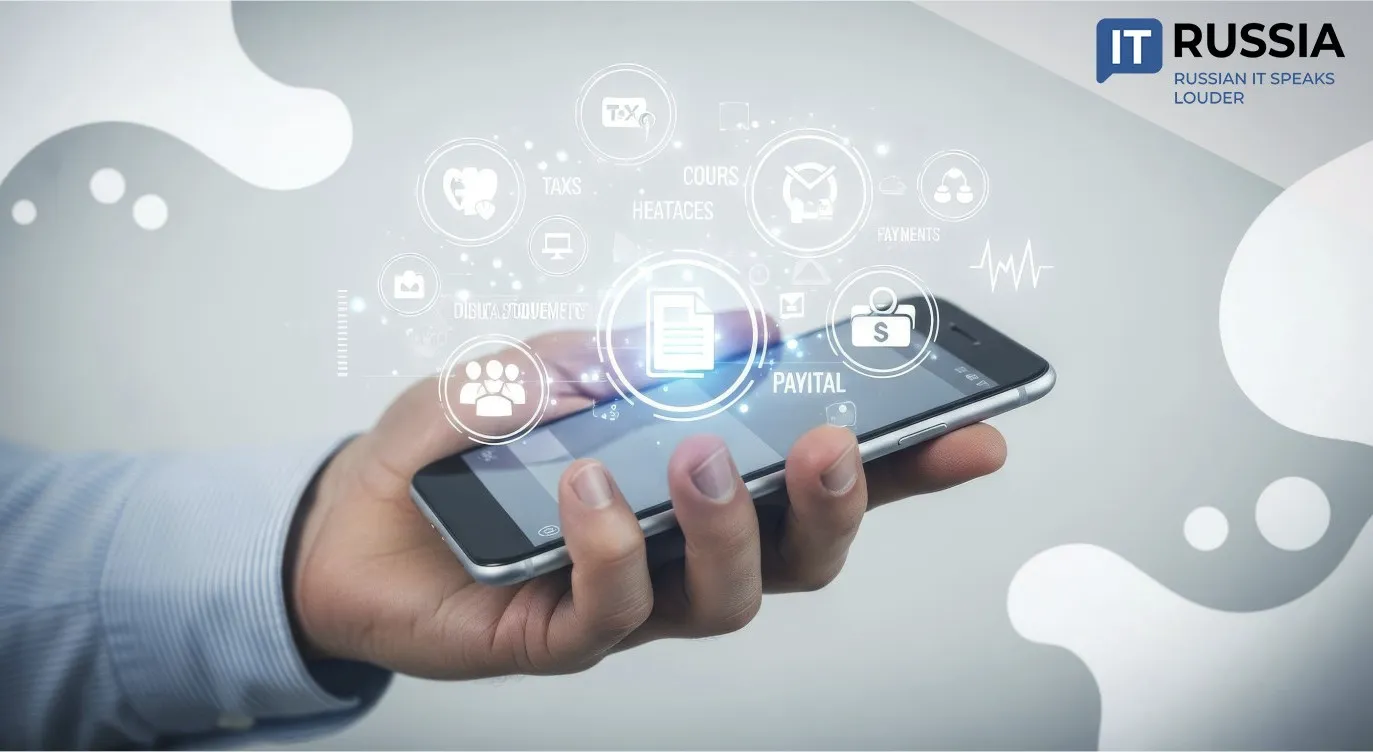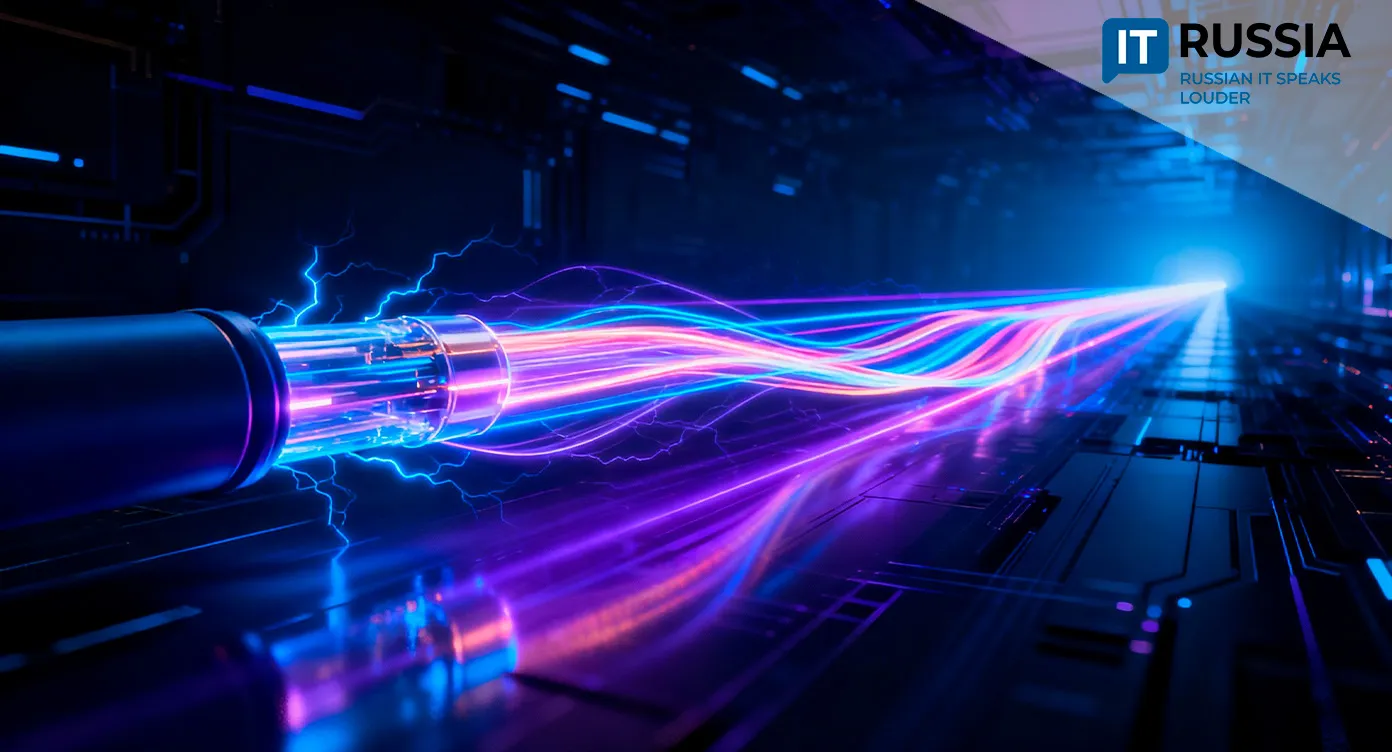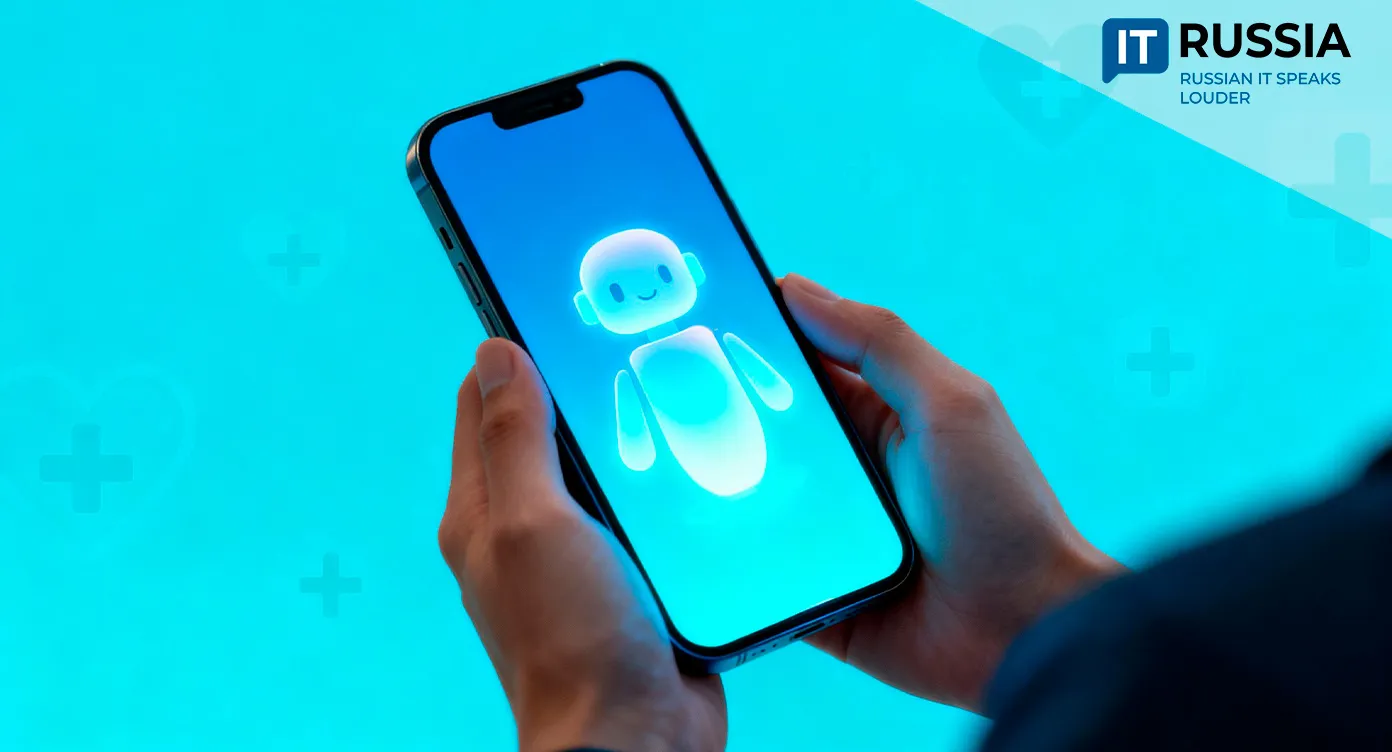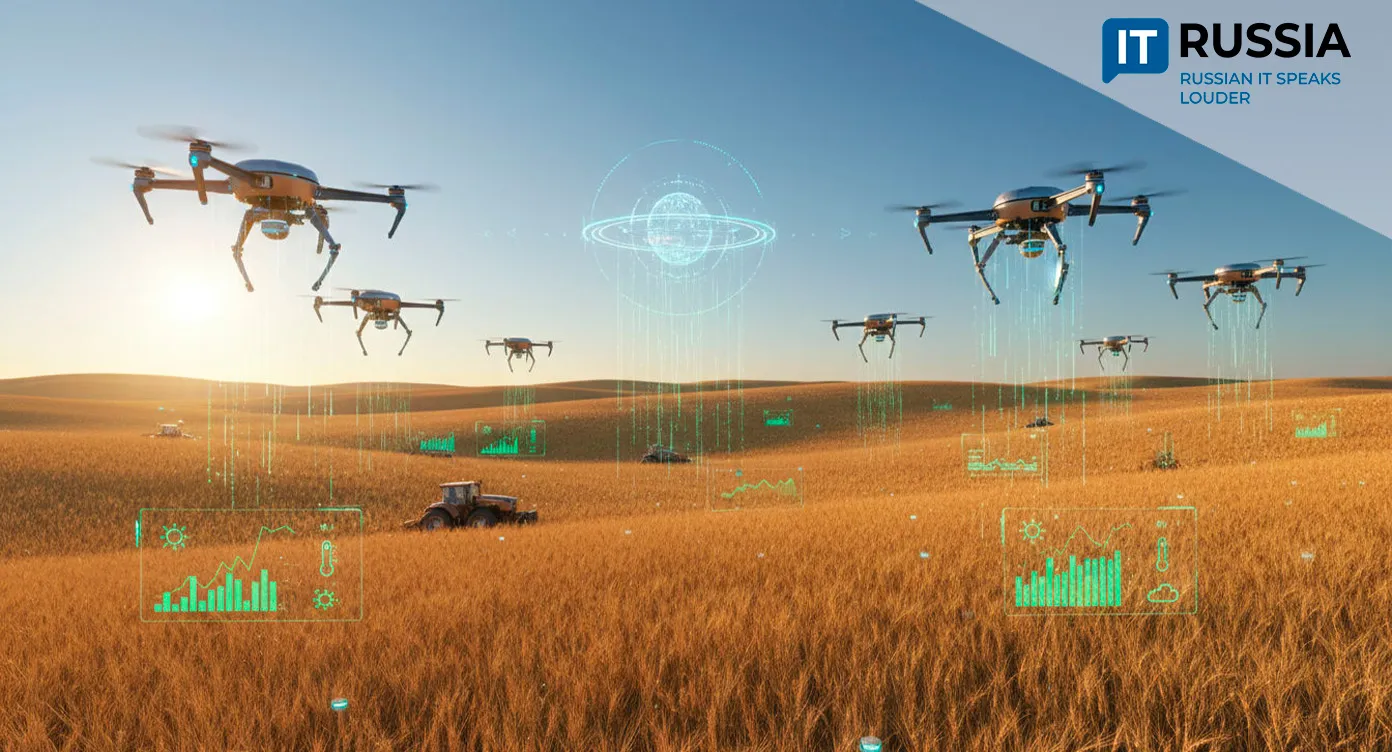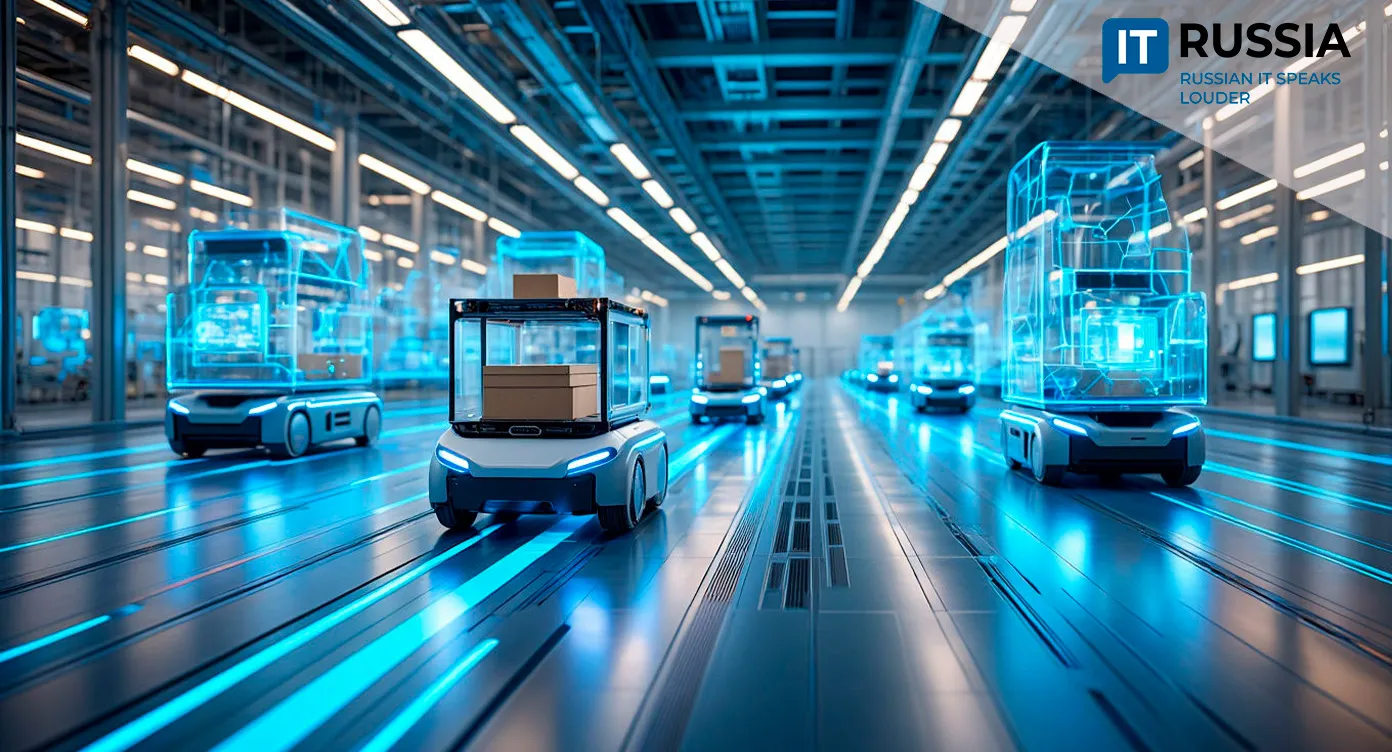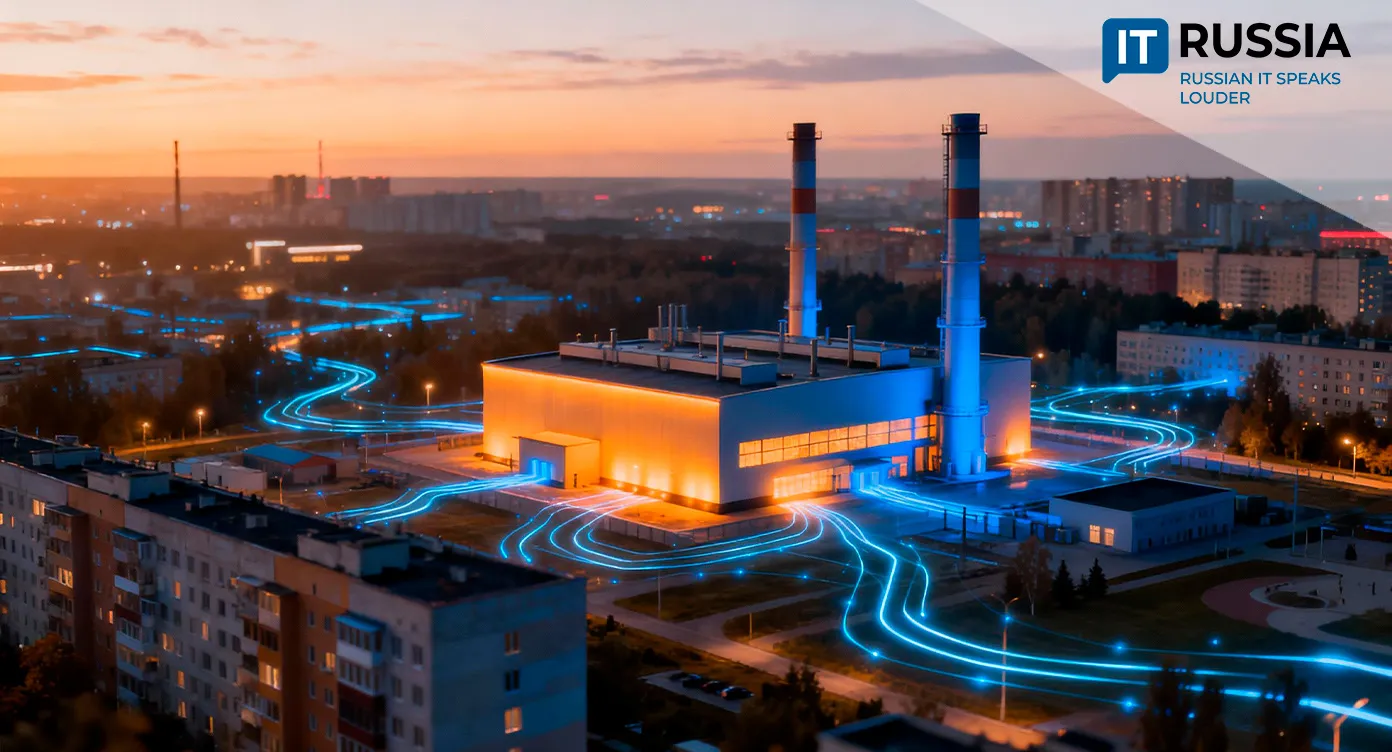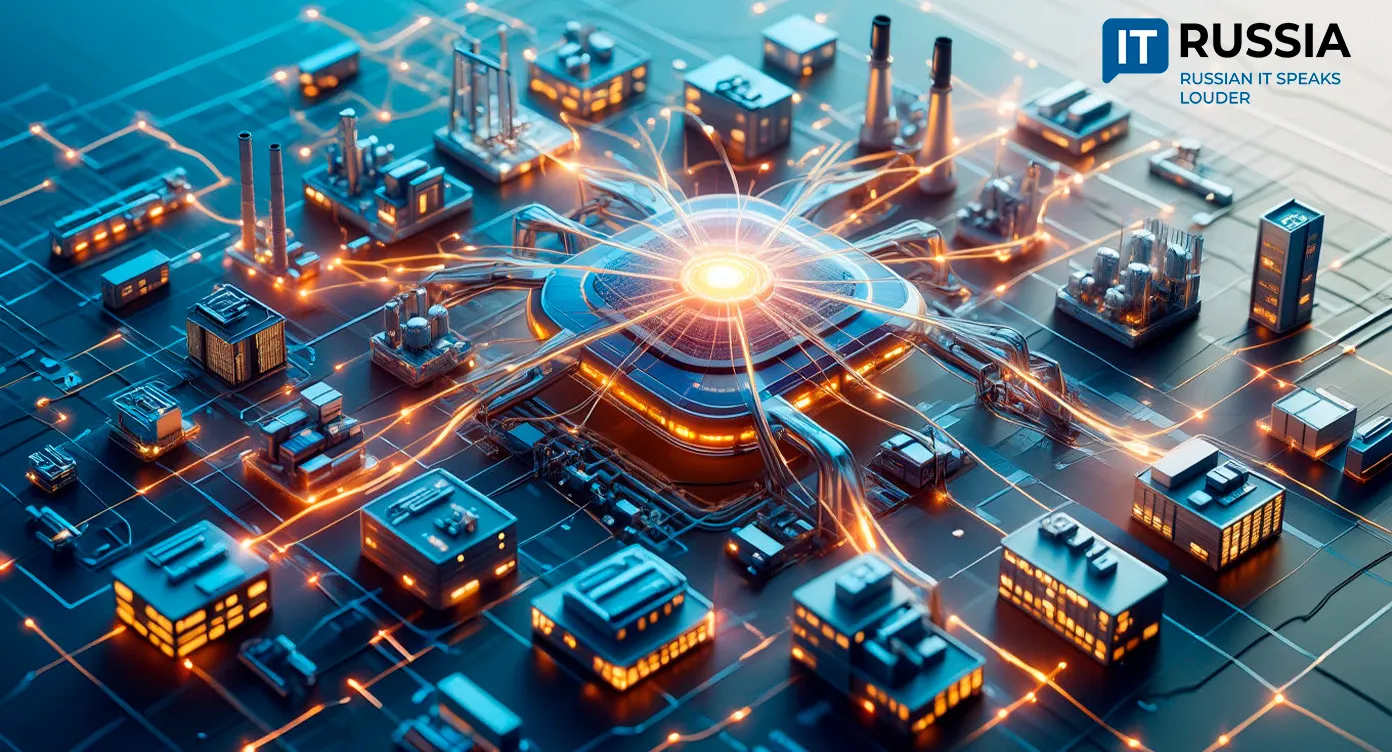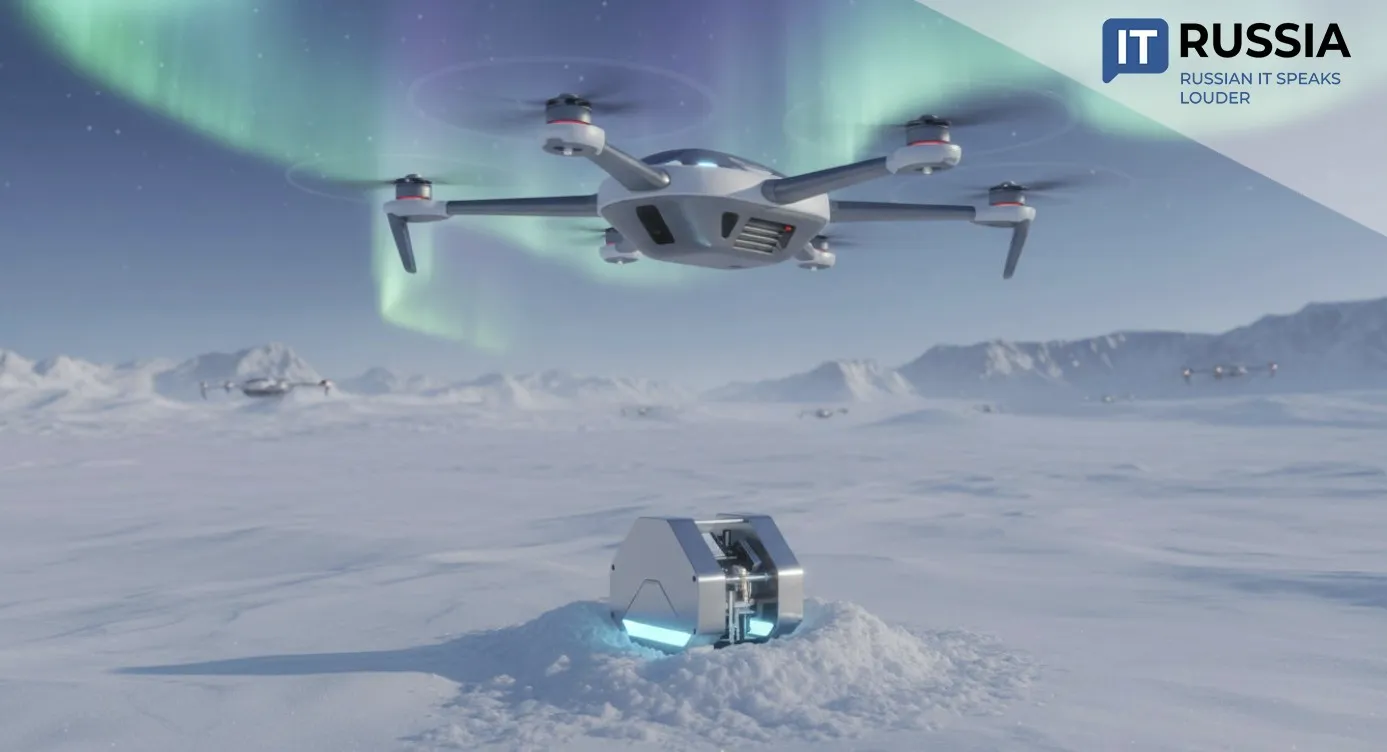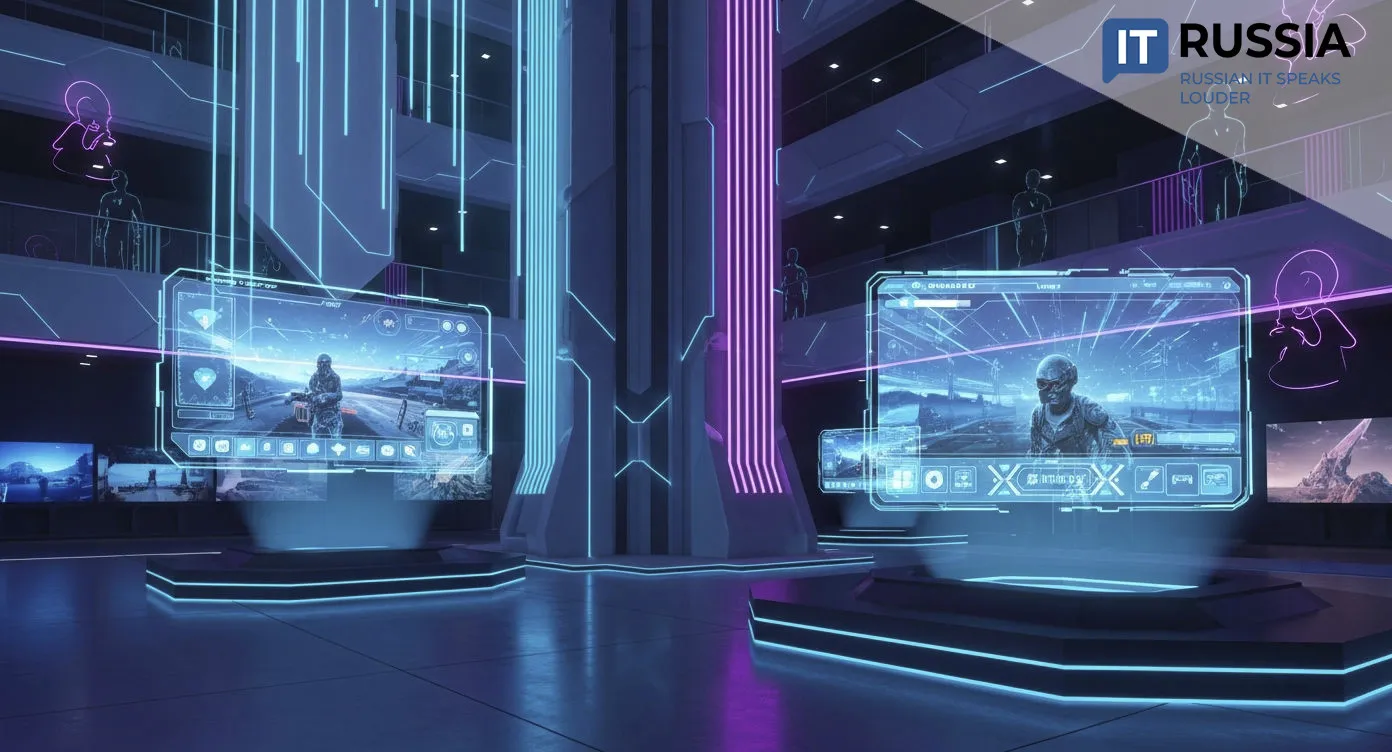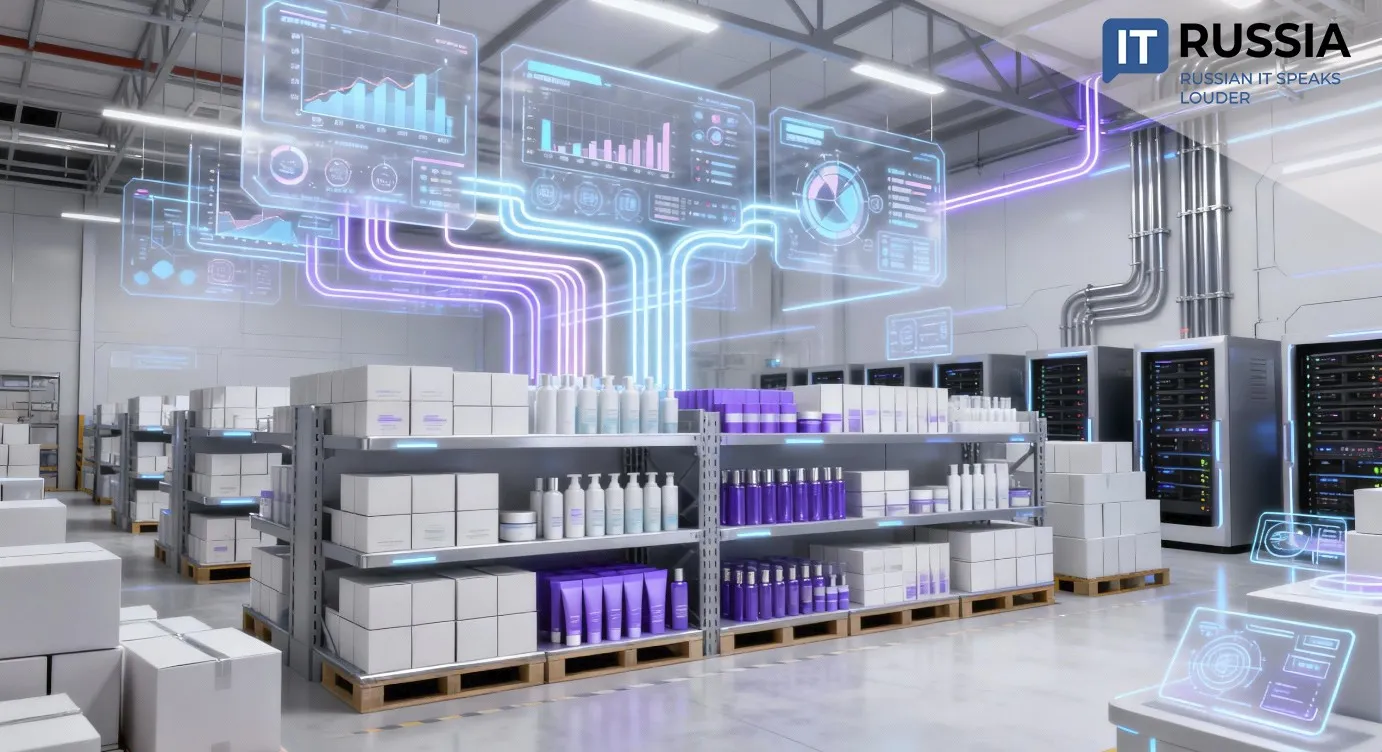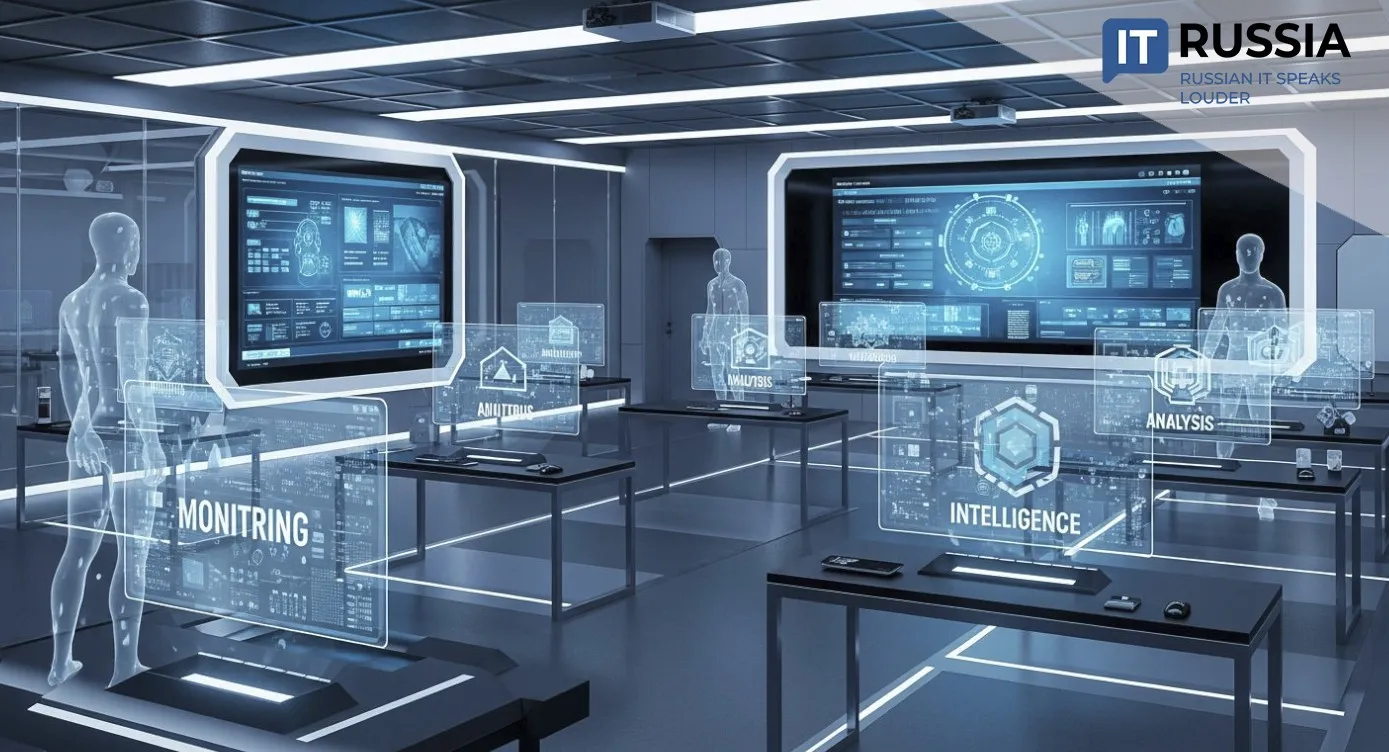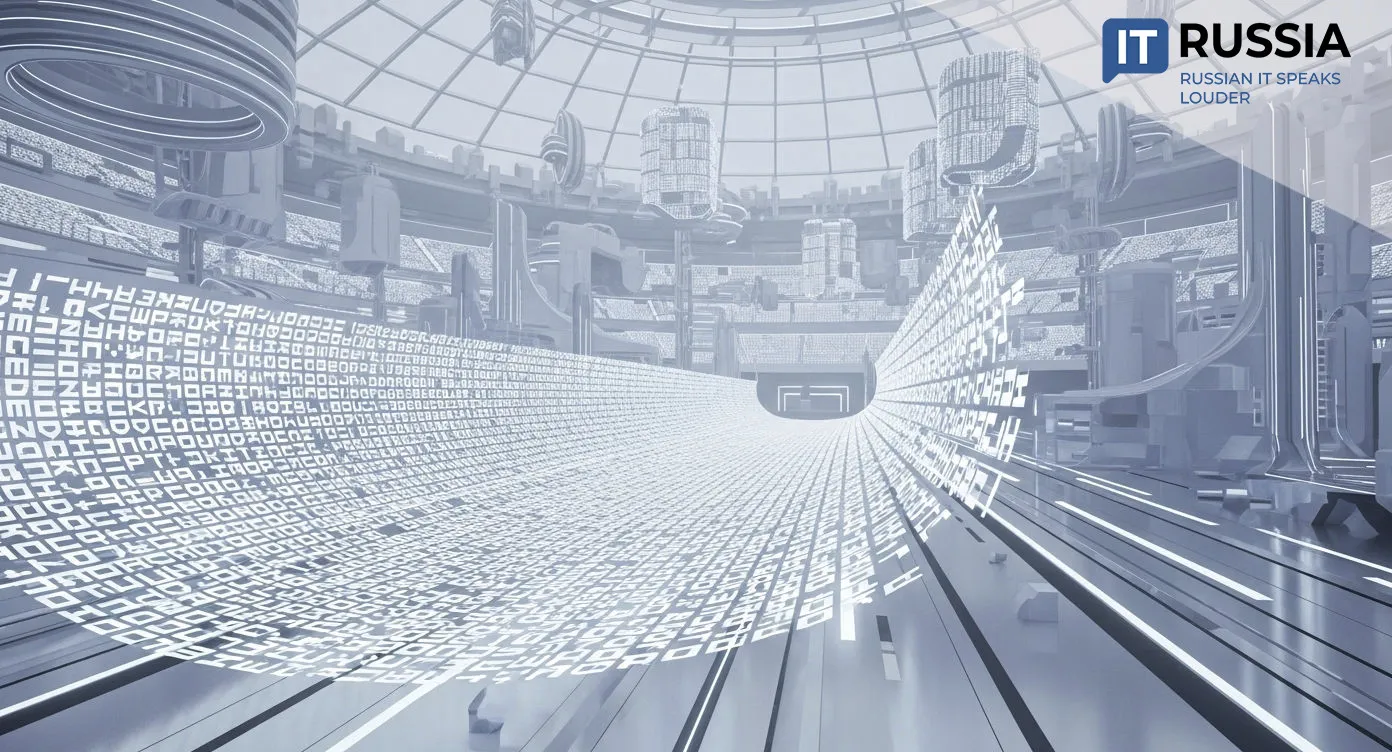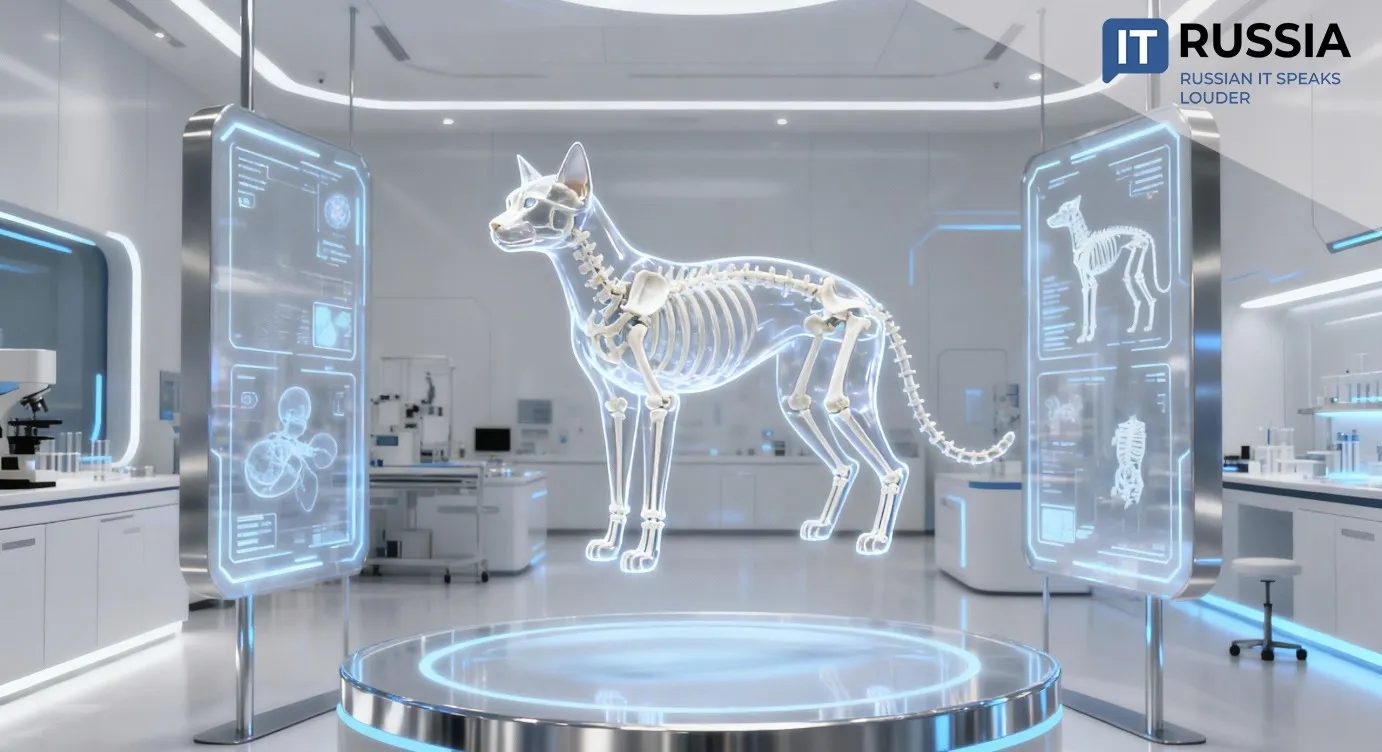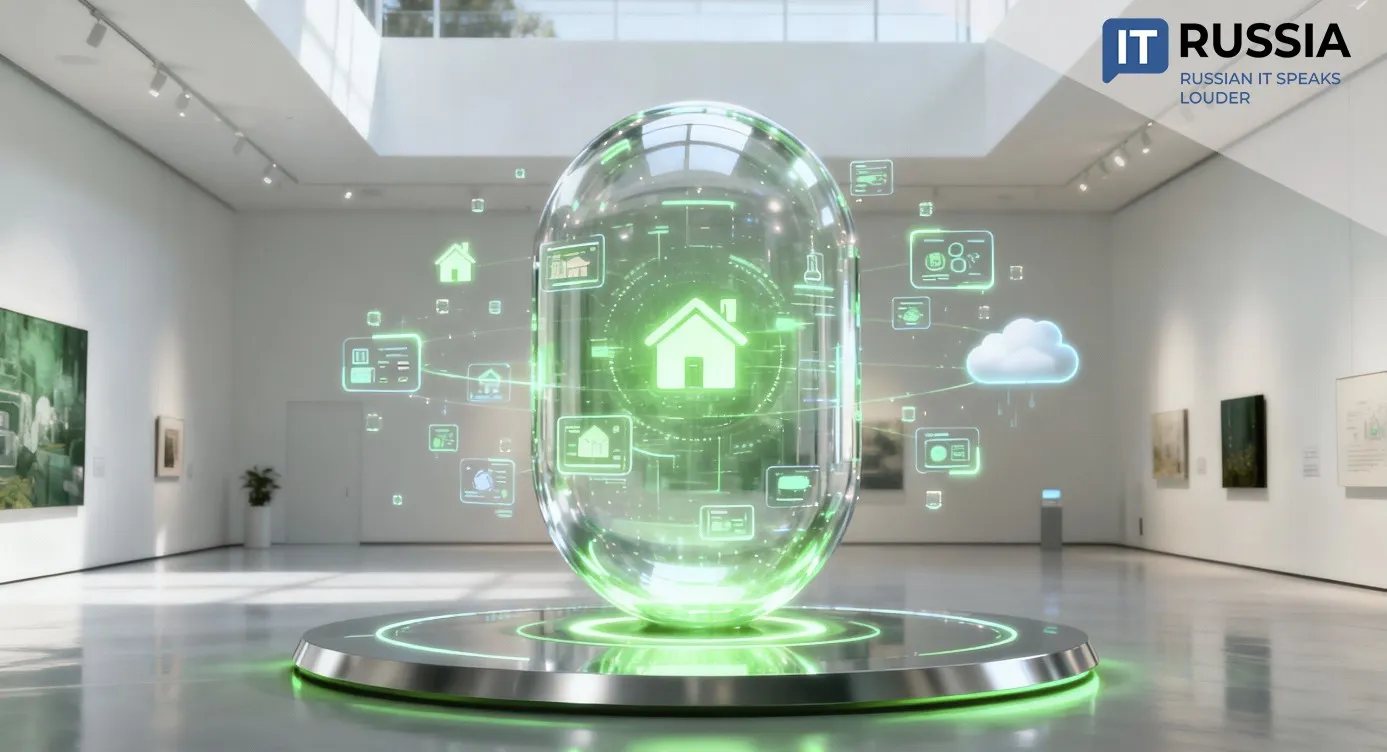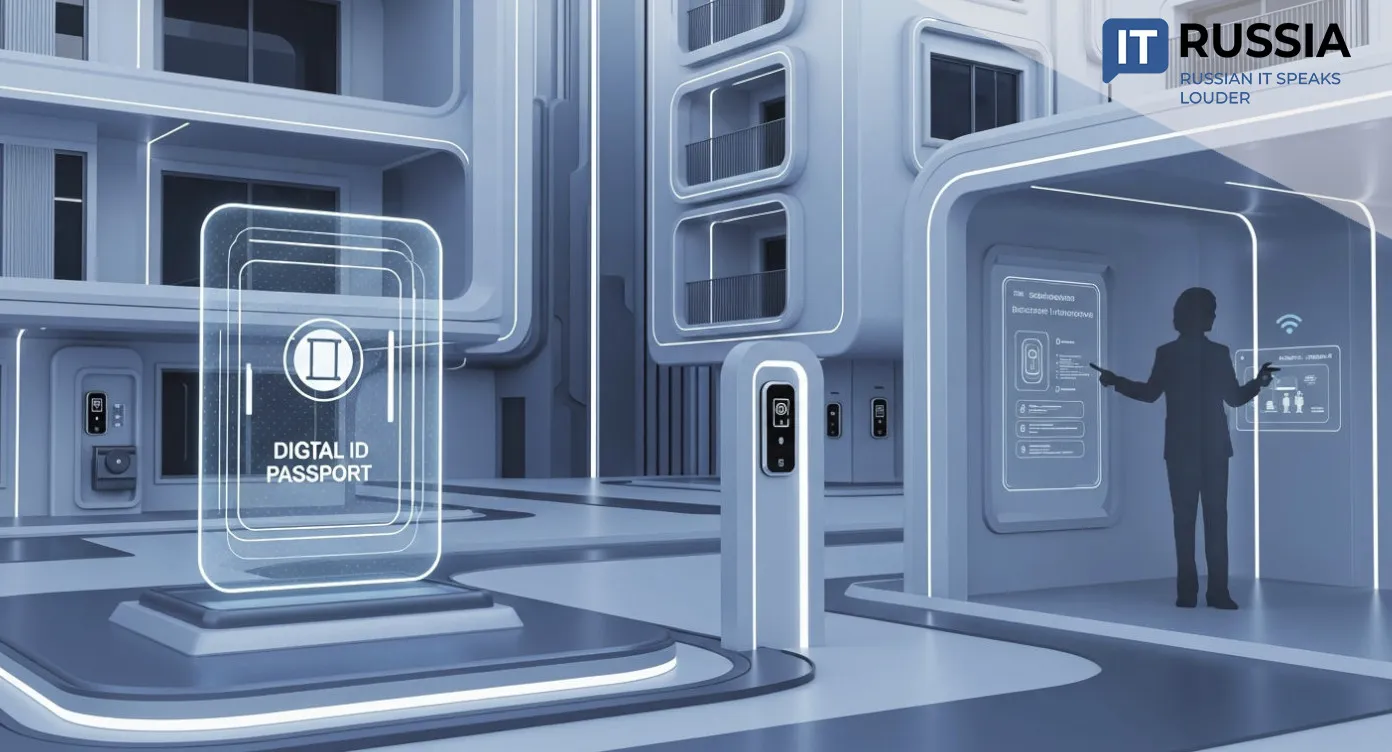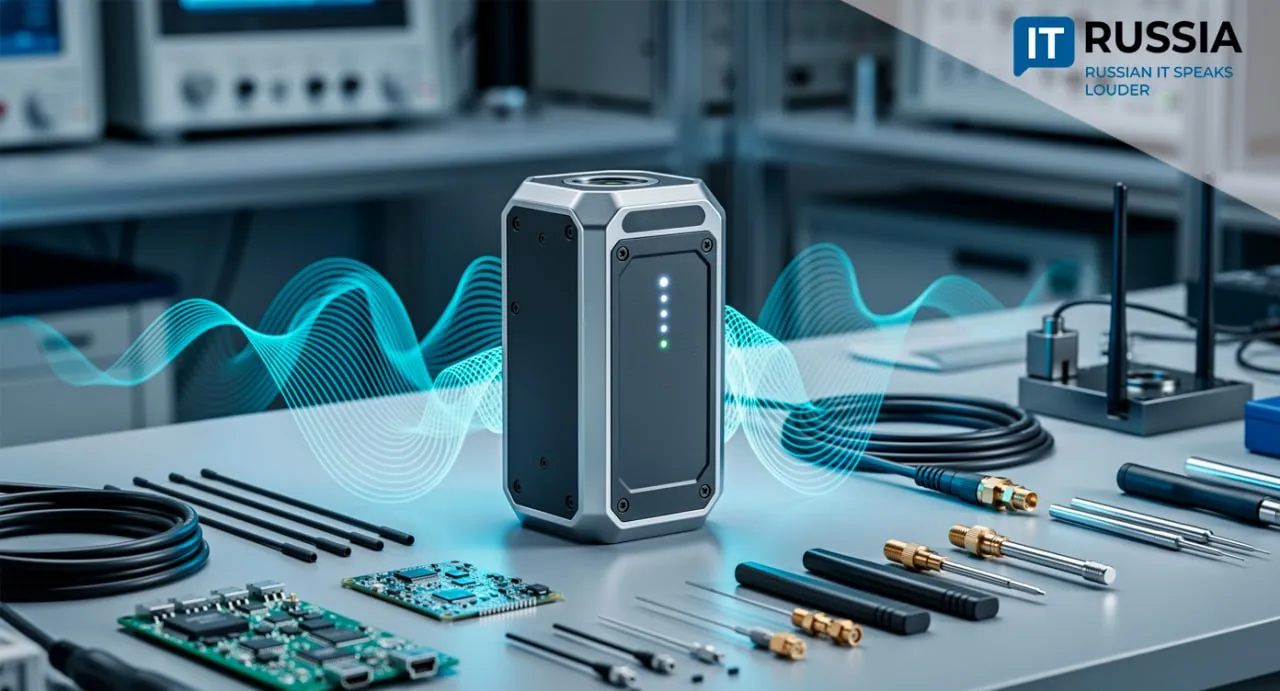Moscow Sets Its Sights on Becoming a Fully Digital Megacity
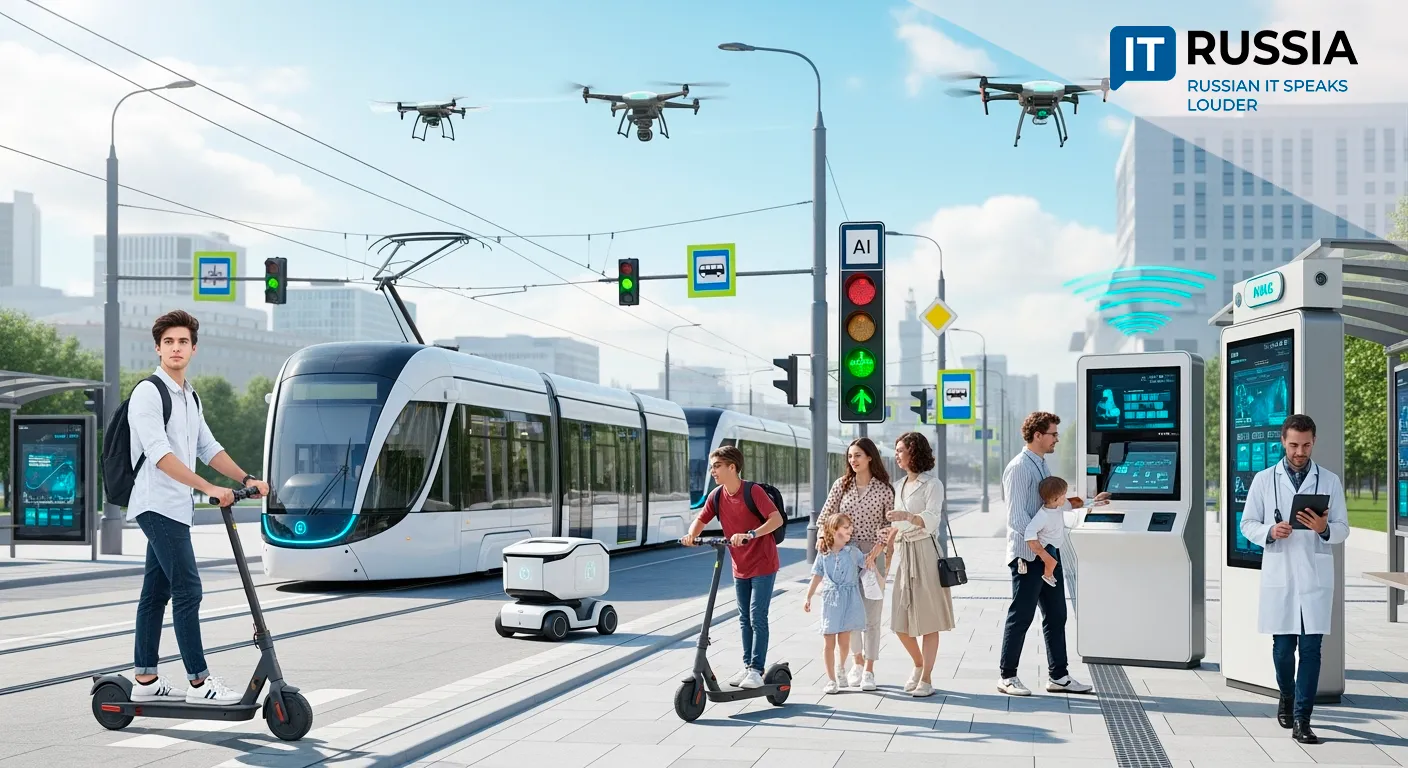
Russia unveils its vision of Moscow in 2050, driven by AI-powered transport, healthcare, and governance systems.
A New Chapter for the Capital
Experts have presented a long-term forecast for Moscow's development, based on the foresight manifesto 'Moscow-2050' published by the Center for Political Conjuncture. Key growth sectors include transportation, digital urban management, and AI-powered healthcare. Expectations include widespread deployment of autonomous transport—self-driving trams, drones, and delivery robots—as well as the expansion of micromobility solutions like e-scooters.
New infrastructure with AI-driven route analytics and smart intersections is set to emerge, with full automation of all ground transport lines planned by 2030. City services will be unified through a digital platform featuring personalized interactions and open data. AI will also play a central role in diagnostics through technologies such as computer vision. These measures are expected to significantly enhance the quality of life in Moscow and may serve as a scalable model for international implementation.
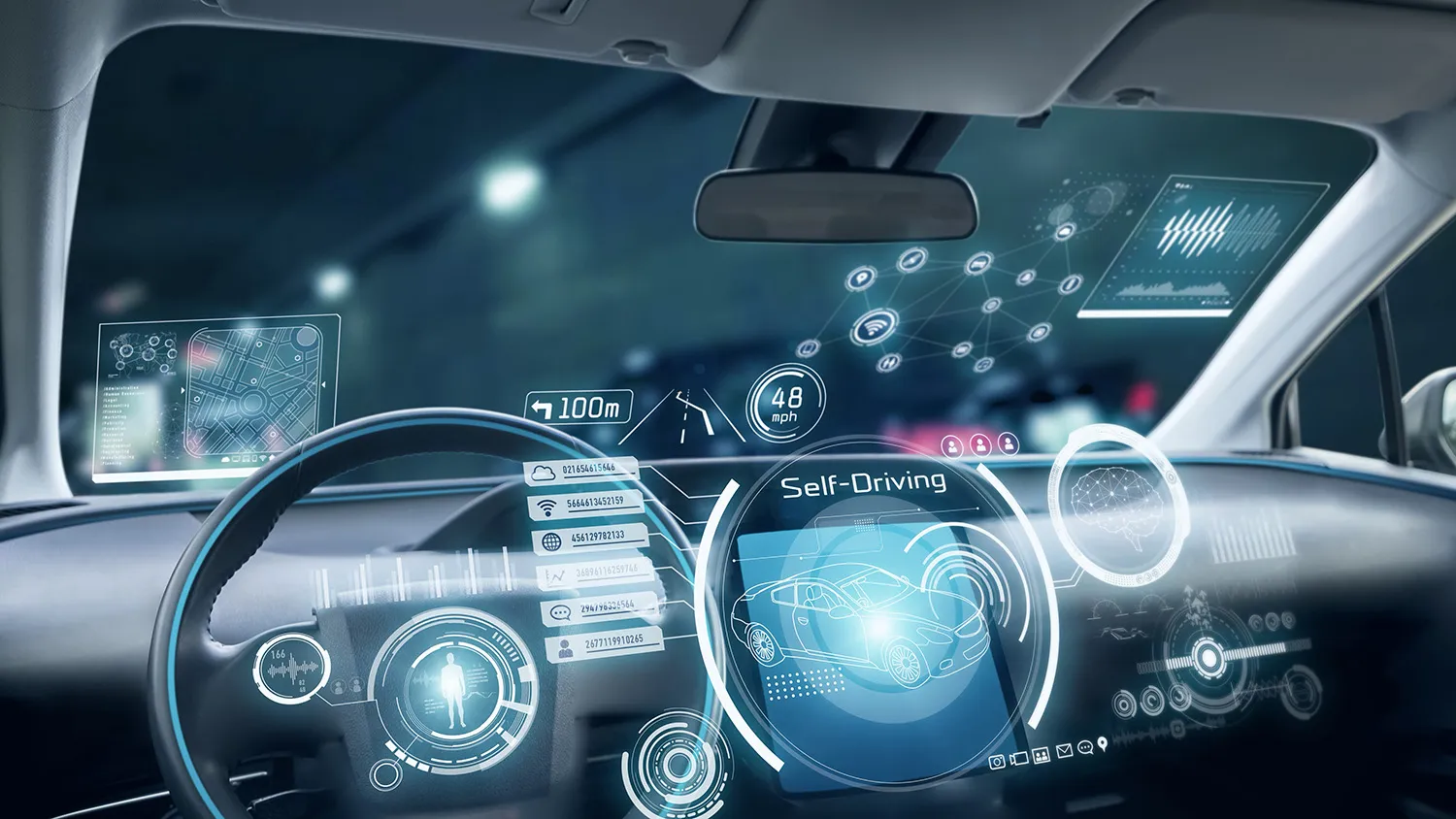
The strategy signals Russia’s ambition to lead in urban digitalization and AI integration. For residents, this means greater comfort, eco-friendly mobility, reduced transport delays, and personalized services from government agencies and healthcare institutions.
A Technology Export Engine
As Moscow becomes a model for an AI-enabled transport and healthcare ecosystem, it positions itself as a potential exporter of urban tech. AI solutions for autonomous vehicles and healthcare diagnostics can be adapted for other major cities worldwide. This is consistent with the already rising global reputation of Russian AI platforms like GigaChat and Yandex.GPT.
Many of these innovations are already operational within Russia. The Moscow government provides grants of up to 4 million rubles to top projects, which are tested in designated innovation clusters. Events like 'Territory of the Future: Moscow 2030' foster collaboration between developers and stakeholders, featuring VR zones, job fairs, and demonstrations of next-gen technologies.
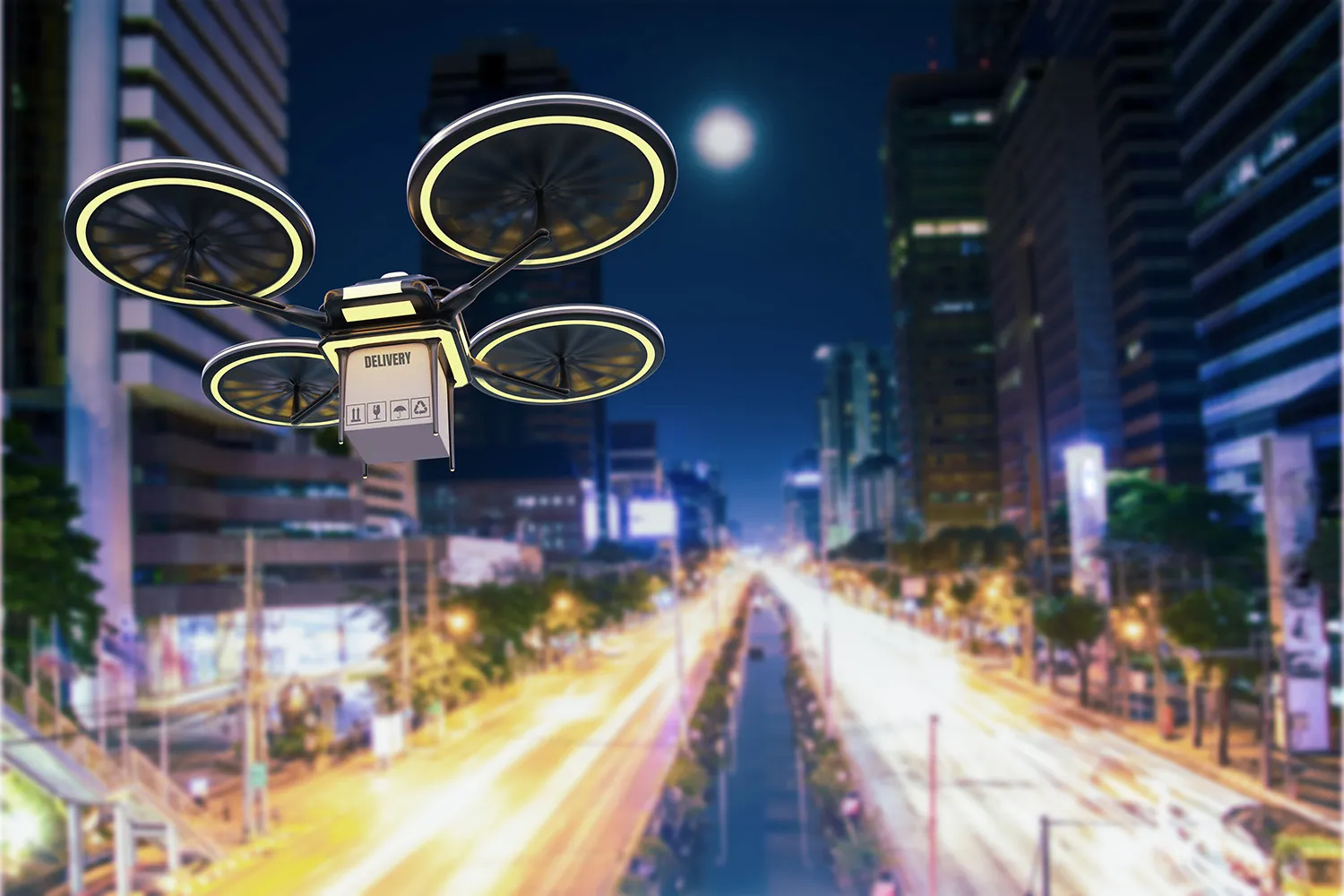
Digital Momentum in Action
Between 2017 and 2022, Moscow introduced a range of intelligent systems to improve urban life—from expansive video surveillance networks to advanced transport management and digital interaction platforms. Urban development think tank KB Strelka contributed to strategies for public spaces, master planning, and smart city initiatives like 'My Street.' Moscow continues to test AI-driven technologies in collaboration with partners such as Russian Railways and Hyundai Mobis, including self-driving harvesters, trams, and locomotives.
Global Digital Flagship
Experts see Moscow’s development strategy as a multilayered roadmap to smart urban living. It integrates transport, medicine, public administration, and micromobility into a unified 'Smart City' model. The first market shifts are expected by 2030: mass adoption of autonomous vehicles, AI-controlled intersections and routes, and minimal traffic delays. By 2050, Moscow aims to serve as a global benchmark for digital megacities.
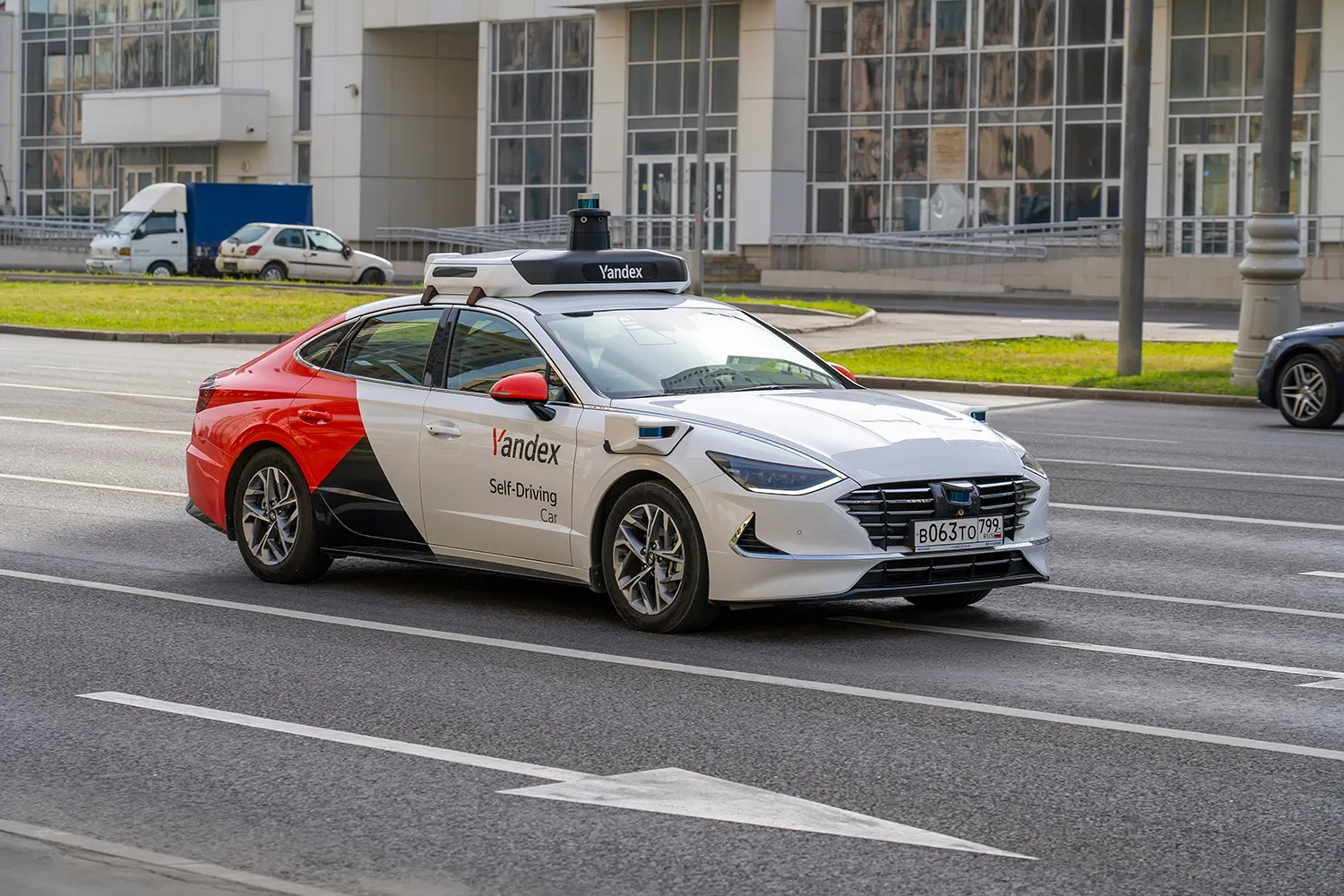
This vision not only boosts the exportability and prestige of Russian IT but also promises tangible benefits for Russian citizens. It will accelerate the digitalization of other cities and deepen cooperation between the state and IT companies.


